Maneiras de dizer que alguém está sendo dramático

Descubra algumas maneiras de dizer que alguém está sendo dramático ou dando um passo maior do que a perna neste Walk ‘n’ Talk Level Up!
Navegue pelo conteúdo
Hello, busy bee! 🌟
How are you doing? Welcome to another episode of Walk ‘n’ Talk Level Up, our all English podcast! No diálogo de hoje, um casal conversa sobre a sua lista de afazeres, com vários momentos dramáticos e reações exageradas sobre o tamanho dela.
Não se esqueça de repetir todas as frases em voz alta com a teacher Becs para praticar bem a pronúncia, e confira o material extra que preparamos para você aqui abaixo!
Nos vemos na próxima semana, see you! Have a great week!
Diálogo
Dean: Samantha? What is this?
(Samantha? O que é isso?)
Samantha: What’s what? Oh, that’s my to-do list for this week.
(O que? Ah, essa é a minha lista de afazeres para esta semana.)
Dean: There are over 50 items here!
(Tem mais de 50 itens aqui!)
Samantha: I know, but these things need to get done, and they need to get done fast. So much to do, so little time.
(Eu sei, mas essas coisas precisam ser feitas, e precisam ser feitas rápido. Tanta coisa para fazer, tão pouco tempo.)
Dean: Why don’t you spread it out a little? Leave some of this to next week, or even next month.
(Por que você não distribui isso um pouco? Deixa algumas coisas para a próxima semana, ou até para o próximo mês.)
Samantha: I can’t do that, it’s already written down. Now I have to do it or die trying.
(Não posso fazer isso, já está escrito. Agora eu tenho que fazer ou morrer tentando.)
Dean: That is very dramatic of you. But seriously, you have to slow down. You can’t keep biting off more than you can chew!
(Isso é muito dramático da sua parte. Mas sério, você tem que desacelerar. Não pode continuar pegando mais do que consegue lidar!)
Expansão de Vocabulário
| Inglês | Português | Exemplo em Inglês | Tradução |
|---|---|---|---|
| Bite off more than you can chew | Pegar mais do que pode lidar | I think Jane bit off more than she could chew with that new project. | Eu acho que a Jane pegou mais do que ela podia lidar com esse novo projeto. |
| That is very dramatic of you | Isso é muito dramático da sua parte | That was very dramatic of you to say you would quit your job. | Isso foi muito dramático da sua parte dizer que ia pedir demissão. |
| To do or die | Fazer ou morrer | You have to give it your all now, it’s do or die! | Você tem que se entregar ao máximo agora, é fazer ou morrer! |
| Go hard or go home | Se jogar ou voltar para casa | We need to go hard or go home in this competition. | Nós precisamos nos jogar ou voltar para casa nessa competição. |
| Give it one’s all | Se entregar ao máximo | She gave it her all, and that’s why she succeeded. | Ela se entregou ao máximo, e foi por isso que ela teve sucesso. |
Exercícios para praticar
-
Complete a frase com a expressão correta:
Don’t try to do everything at once, you’re definitely ________ more than you can handle. -
Traduza para o inglês:
Eu tenho que fazer isso ou morrer tentando. -
Crie uma frase usando go hard or go home.
Respostas
-
Don’t try to do everything at once, you’re definitely biting off more than you can handle.
-
I have to do it or die trying.
-
(Resposta livre. Exemplo: We need to go hard or go home if we want to win this match.)
Não se esqueça de praticar a pronúncia repetindo os exemplos em voz alta!
Gostou do episódio? Continue sua jornada no inglês e confira nosso curso de inglês completo para se aprofundar ainda mais! 📚
See ya!
Rebeca Oliveira
Playlist



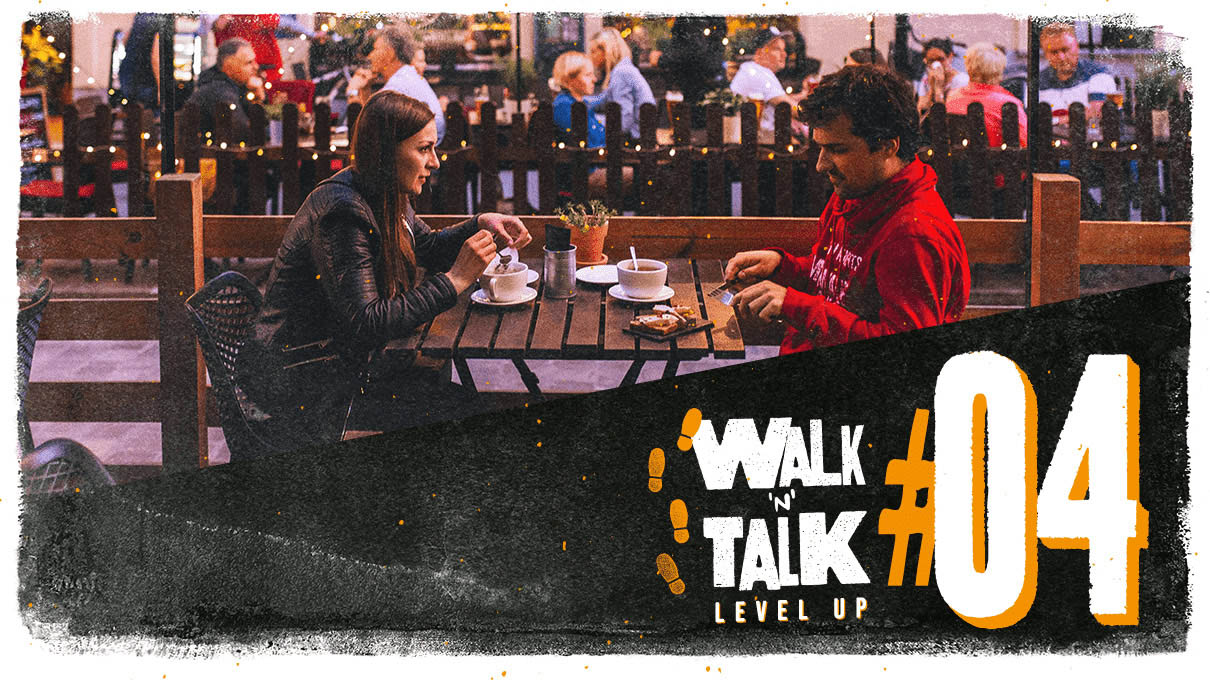
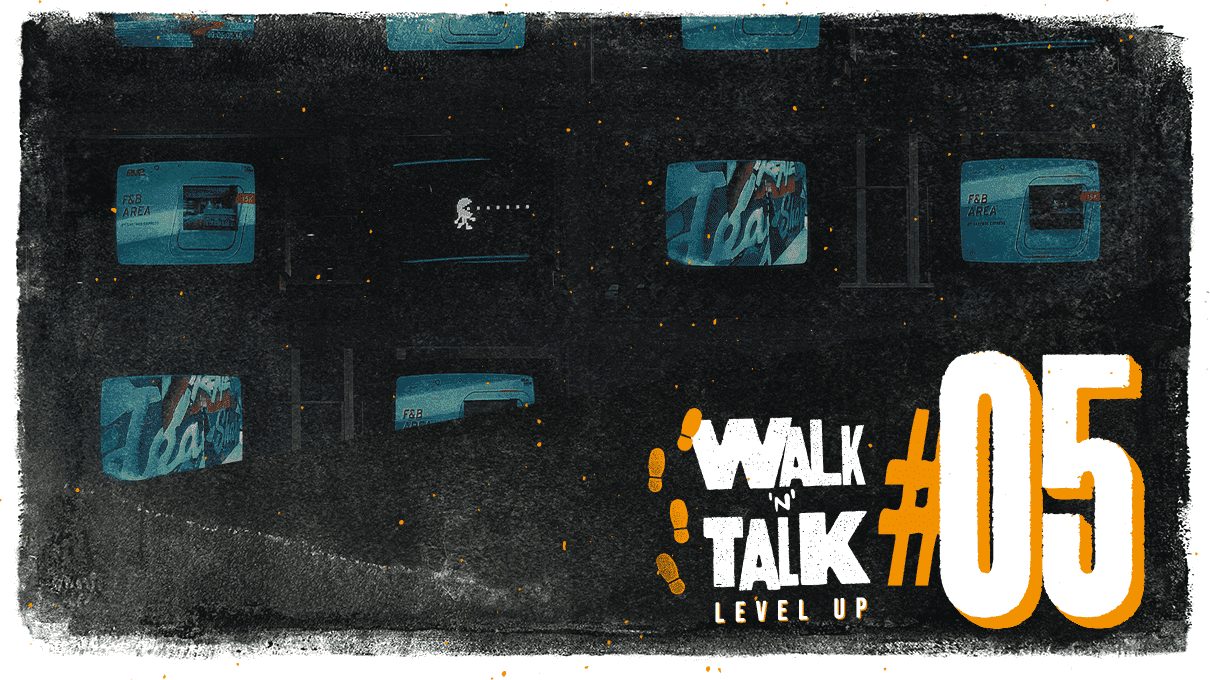



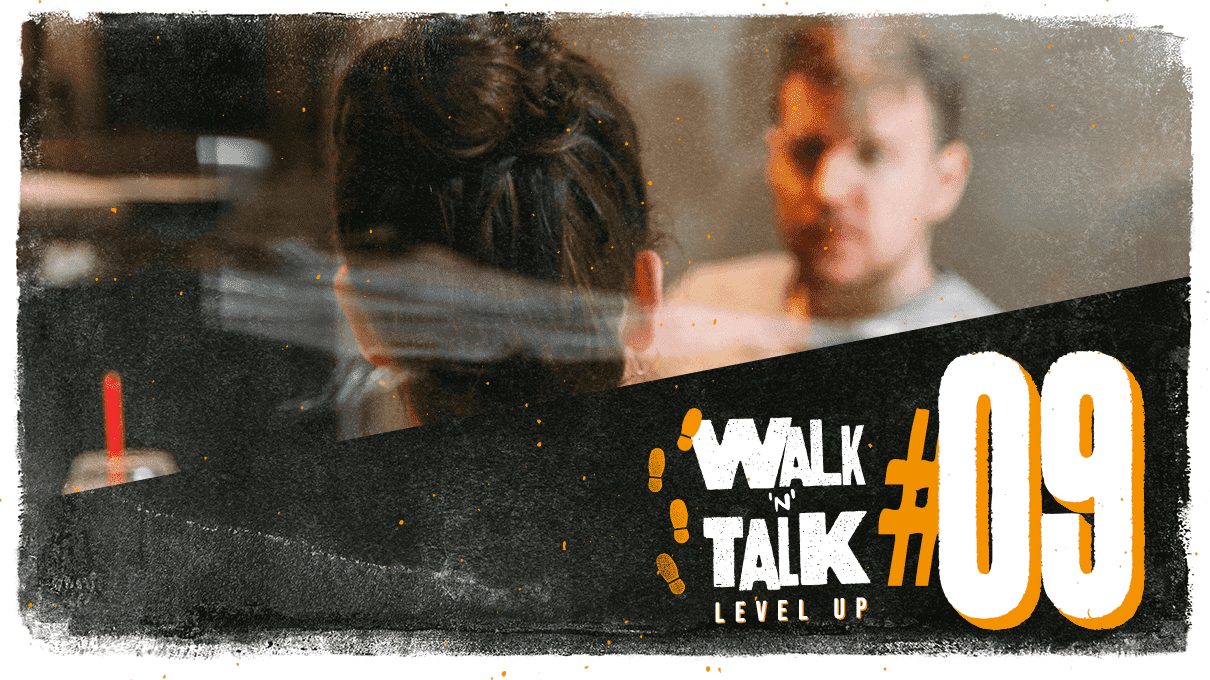
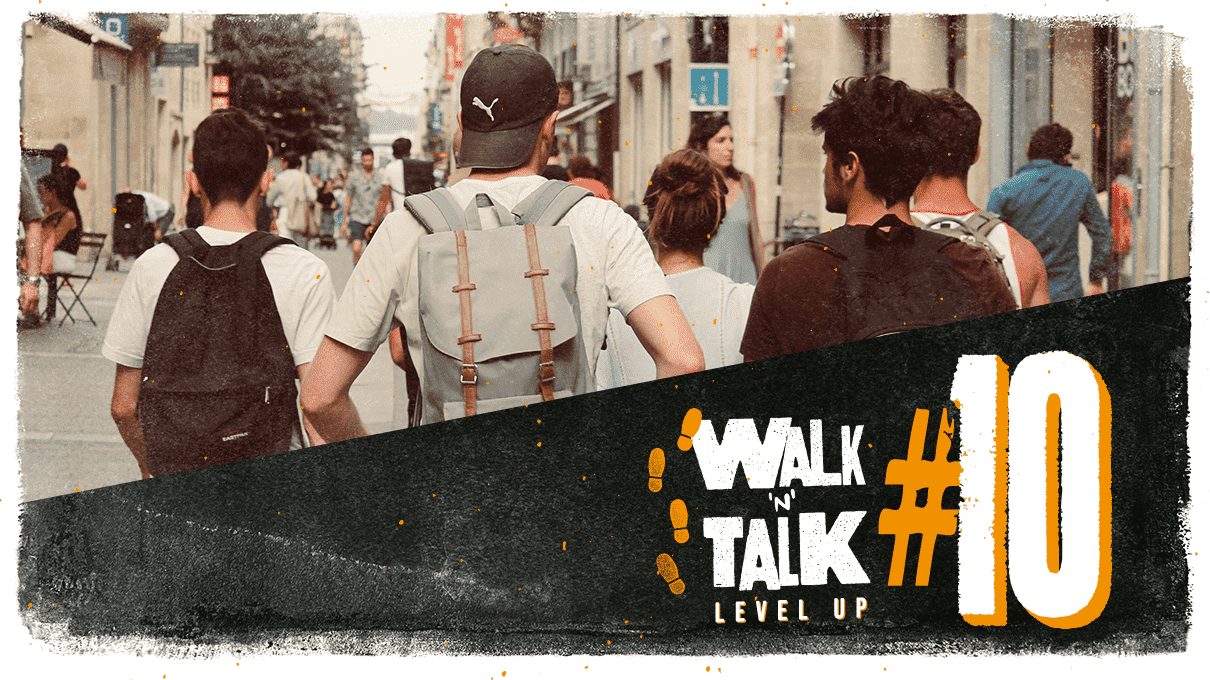
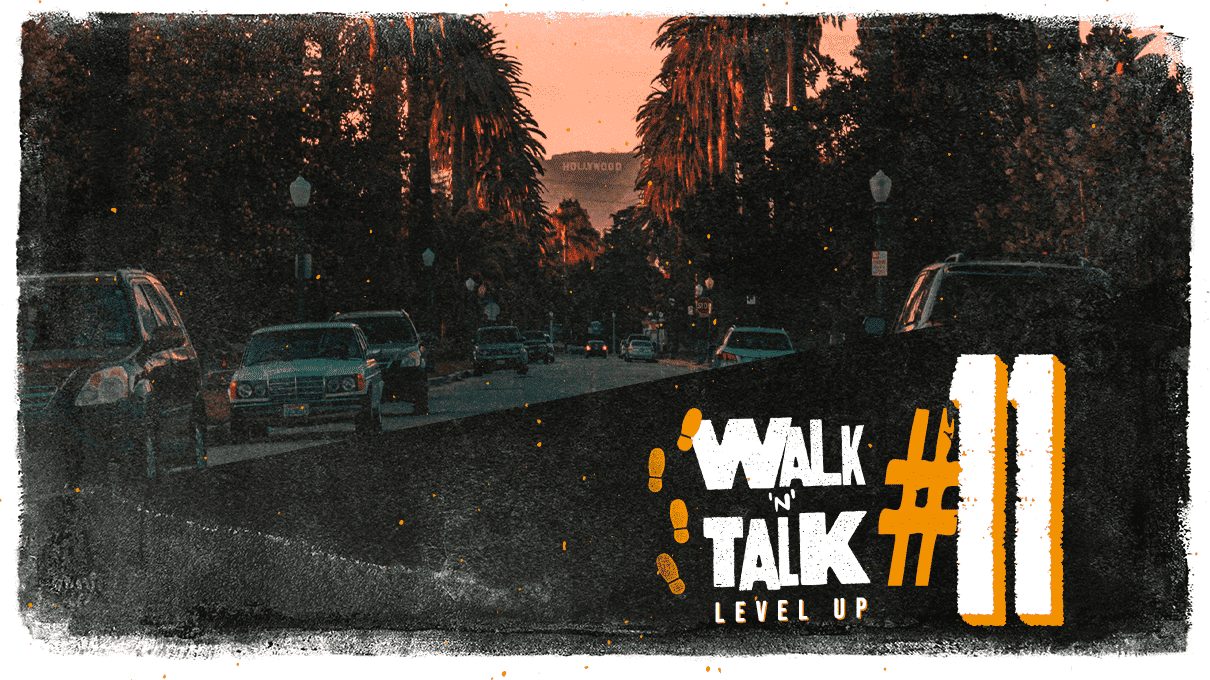
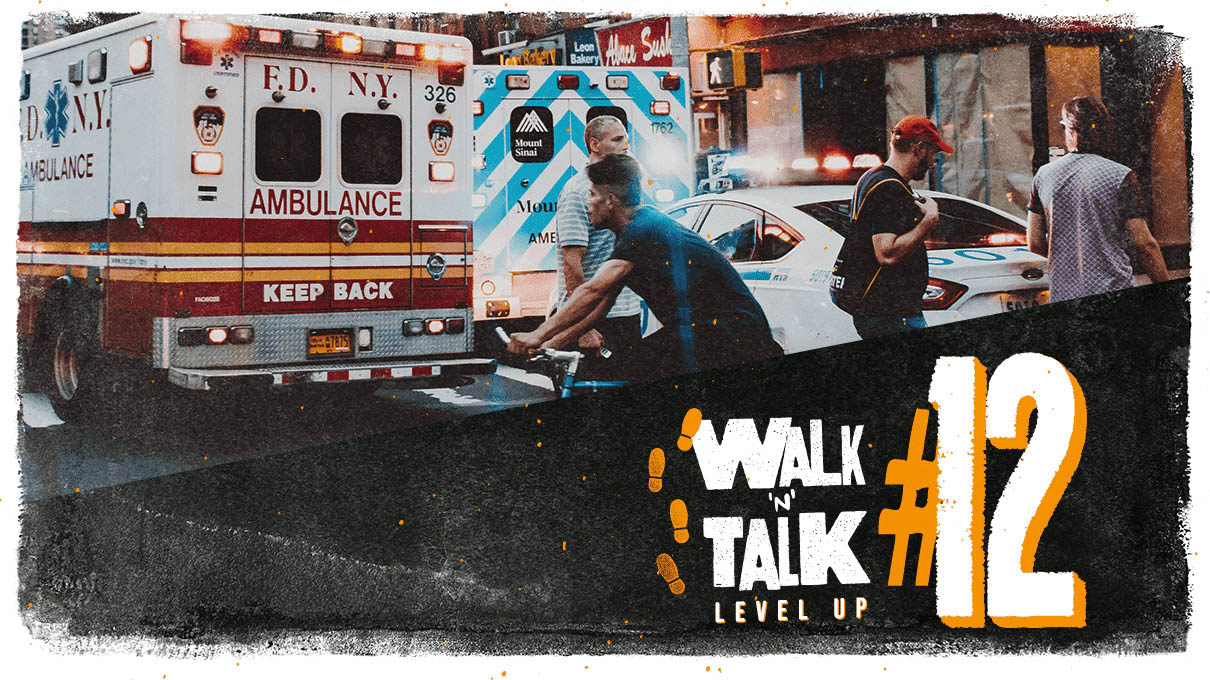
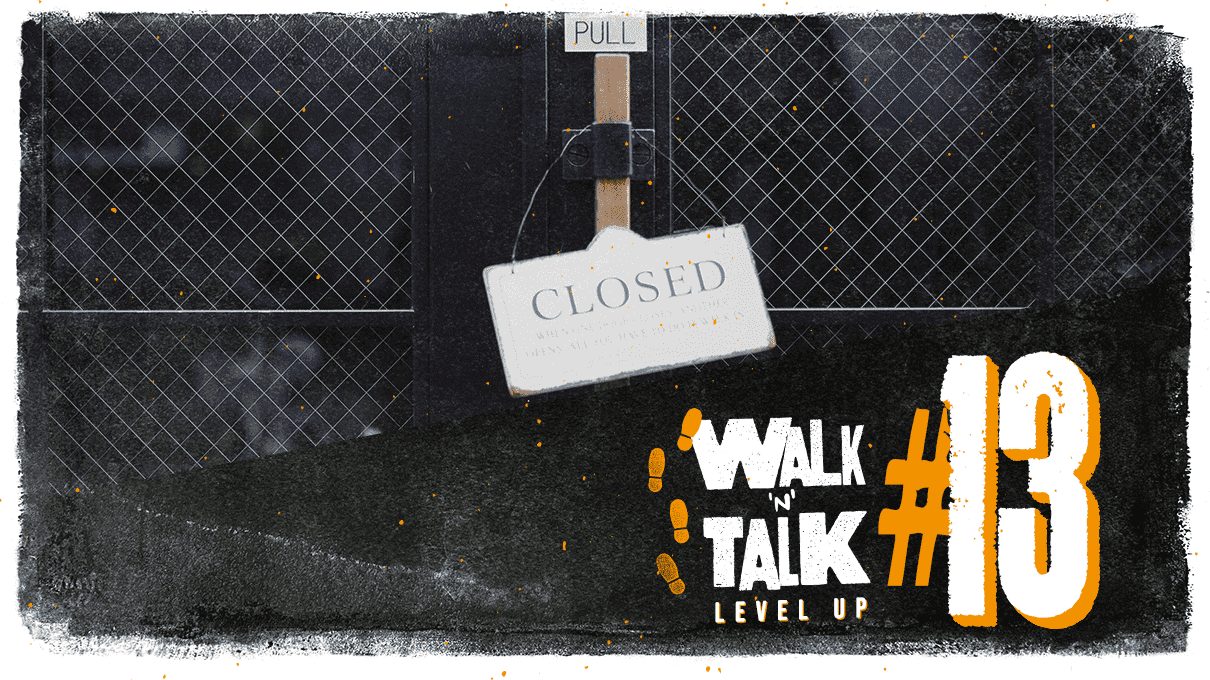



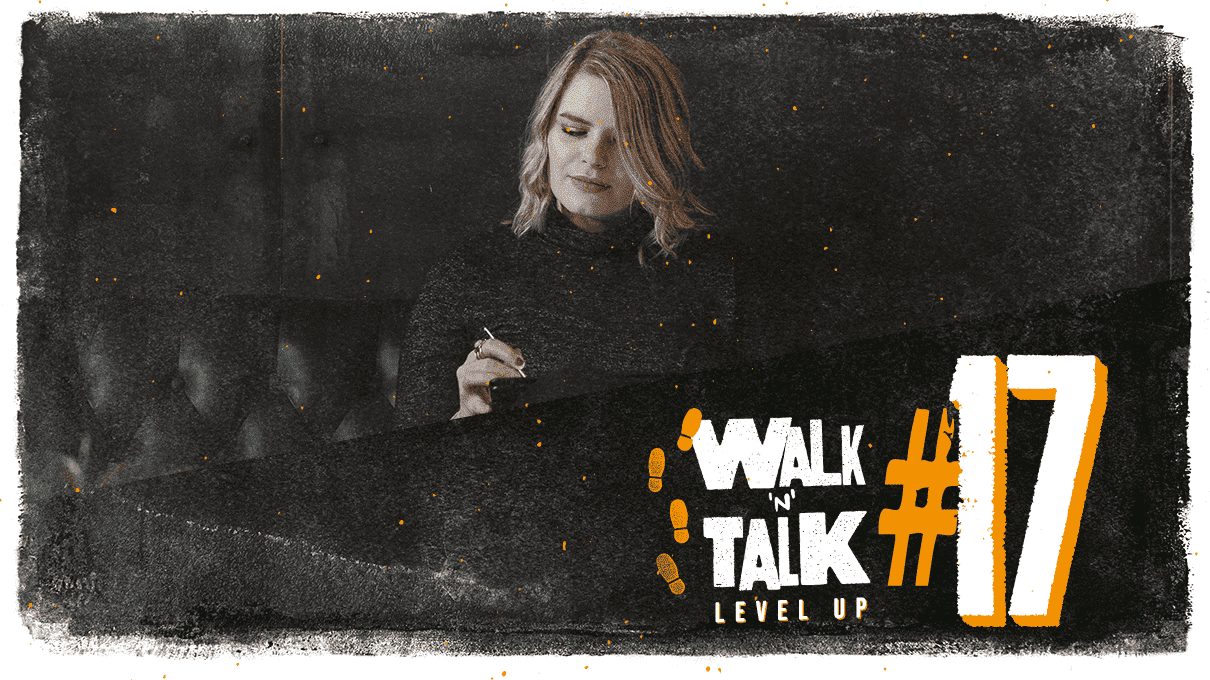


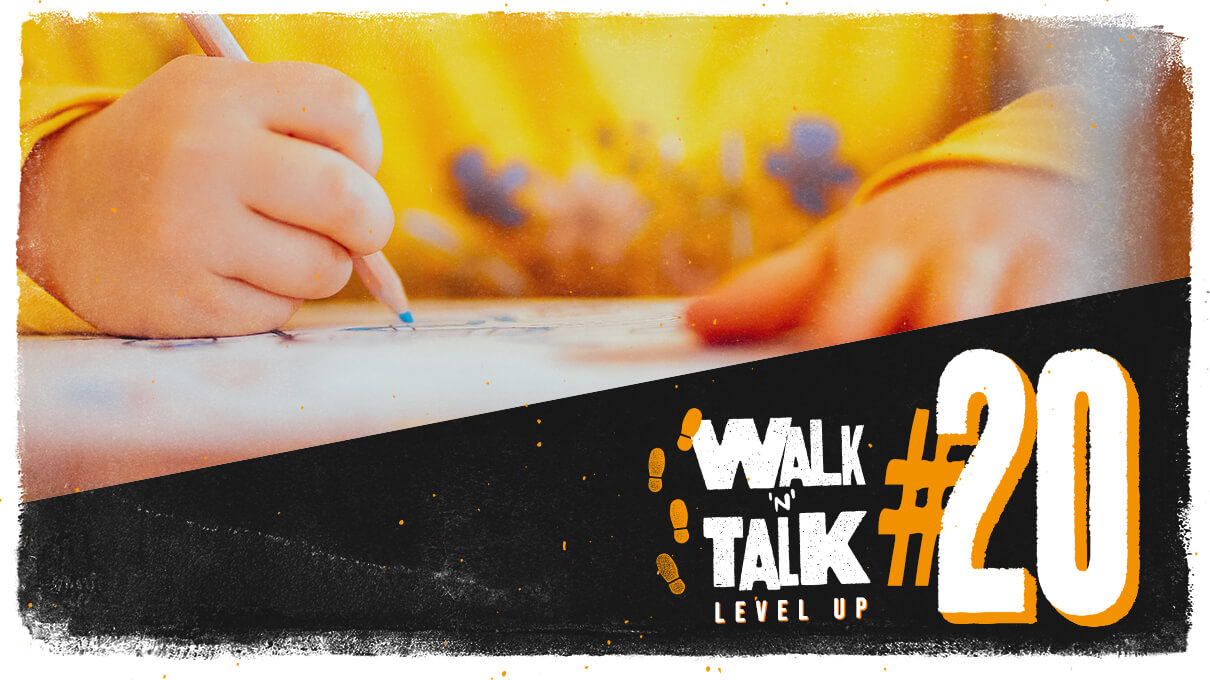
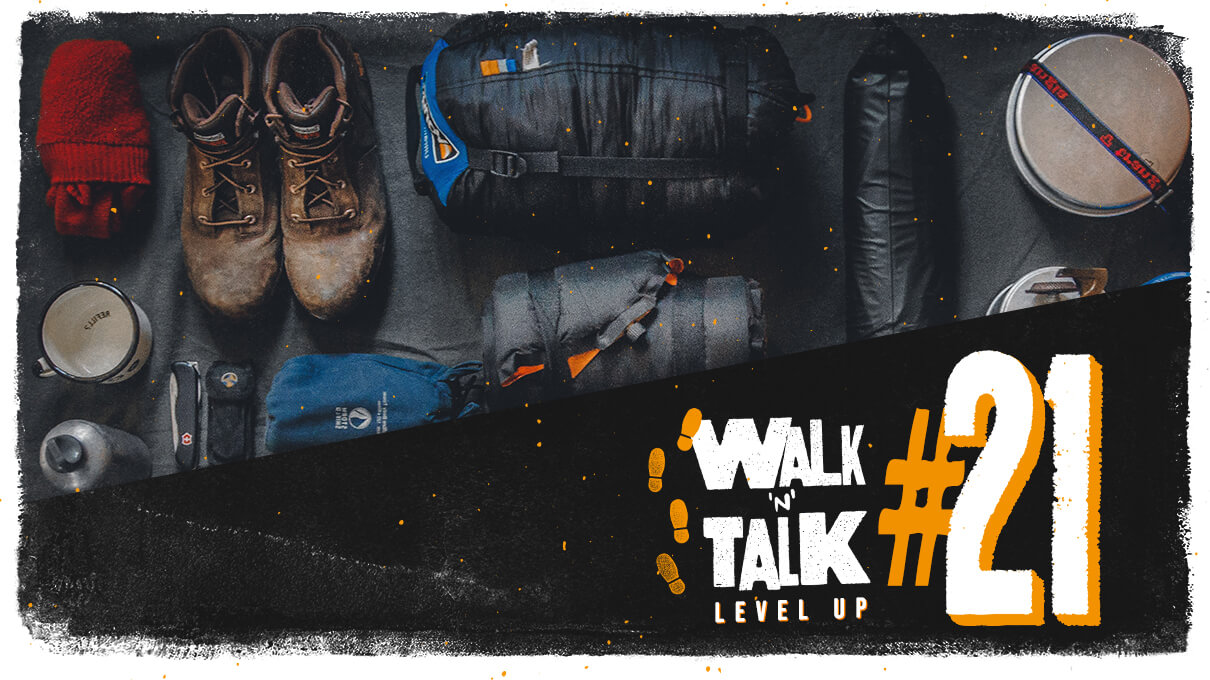

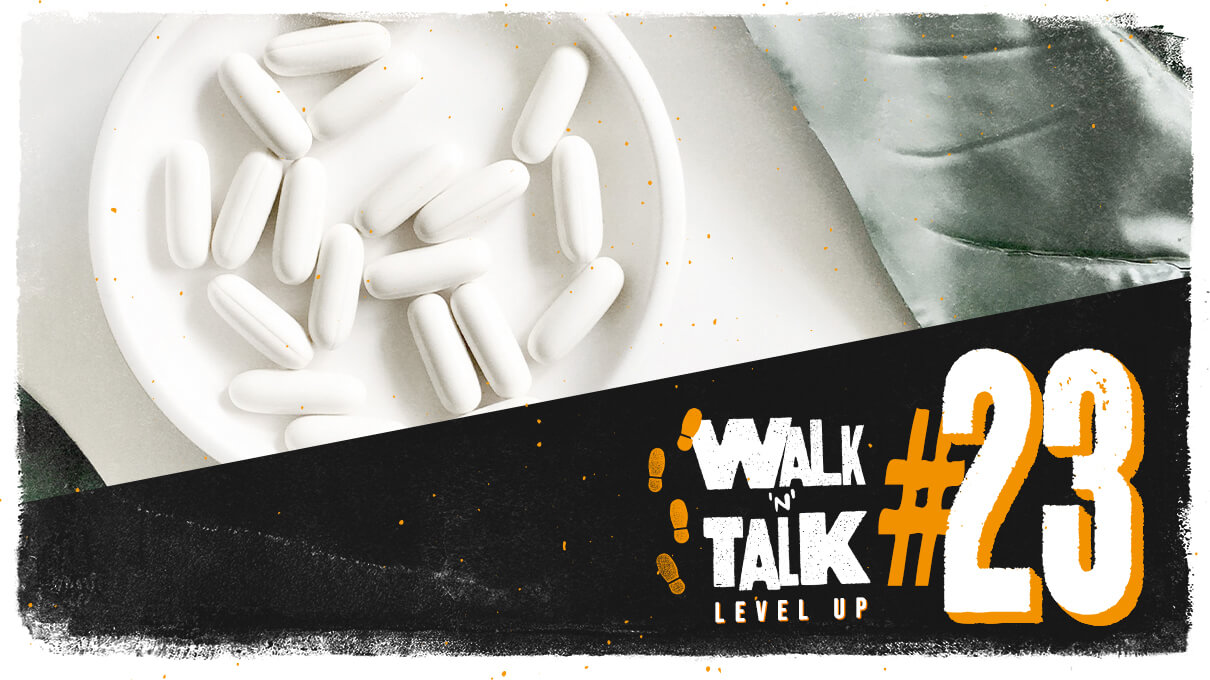
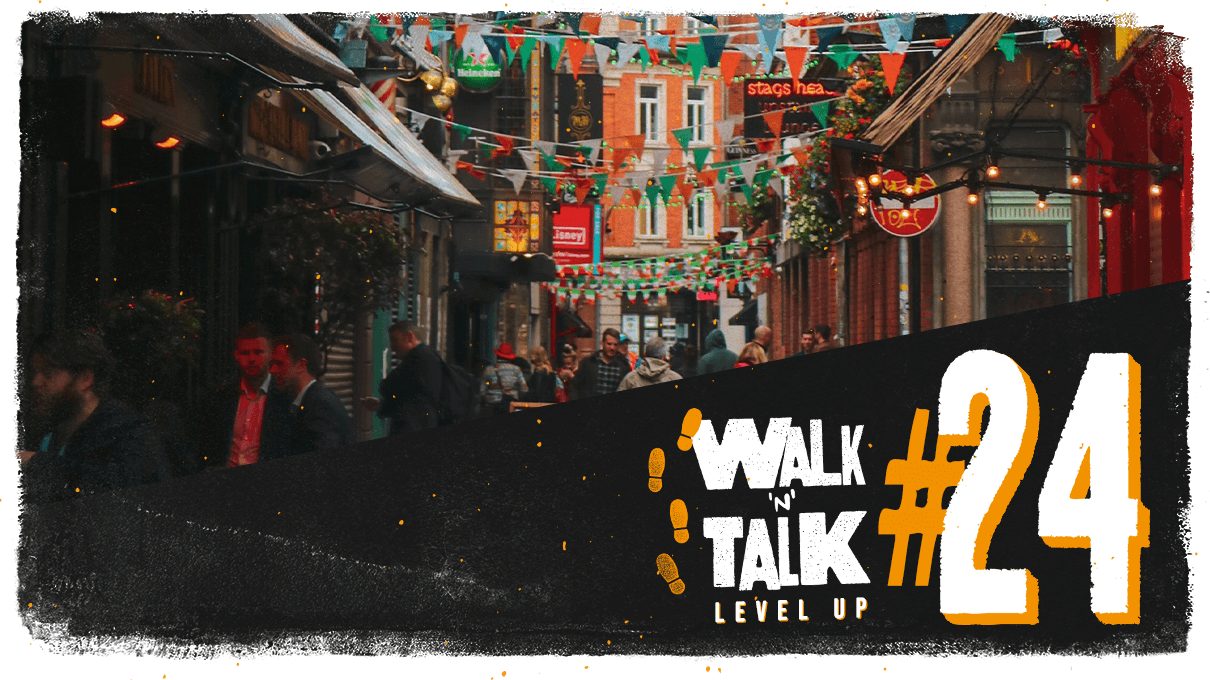

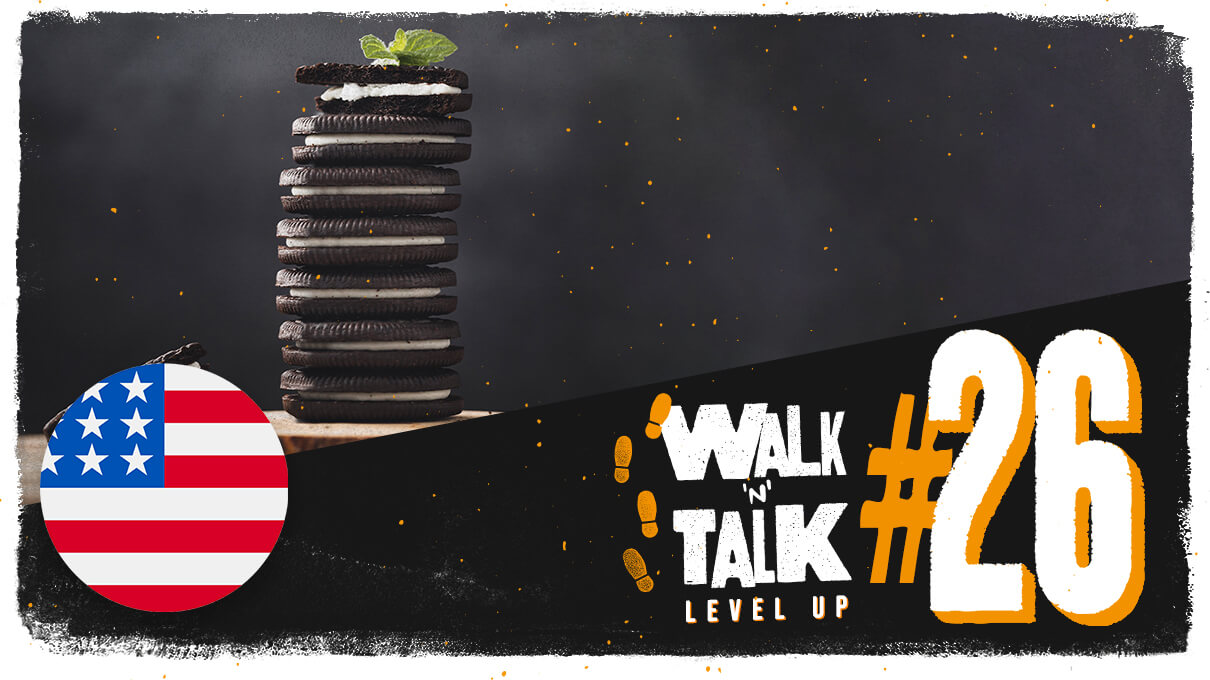

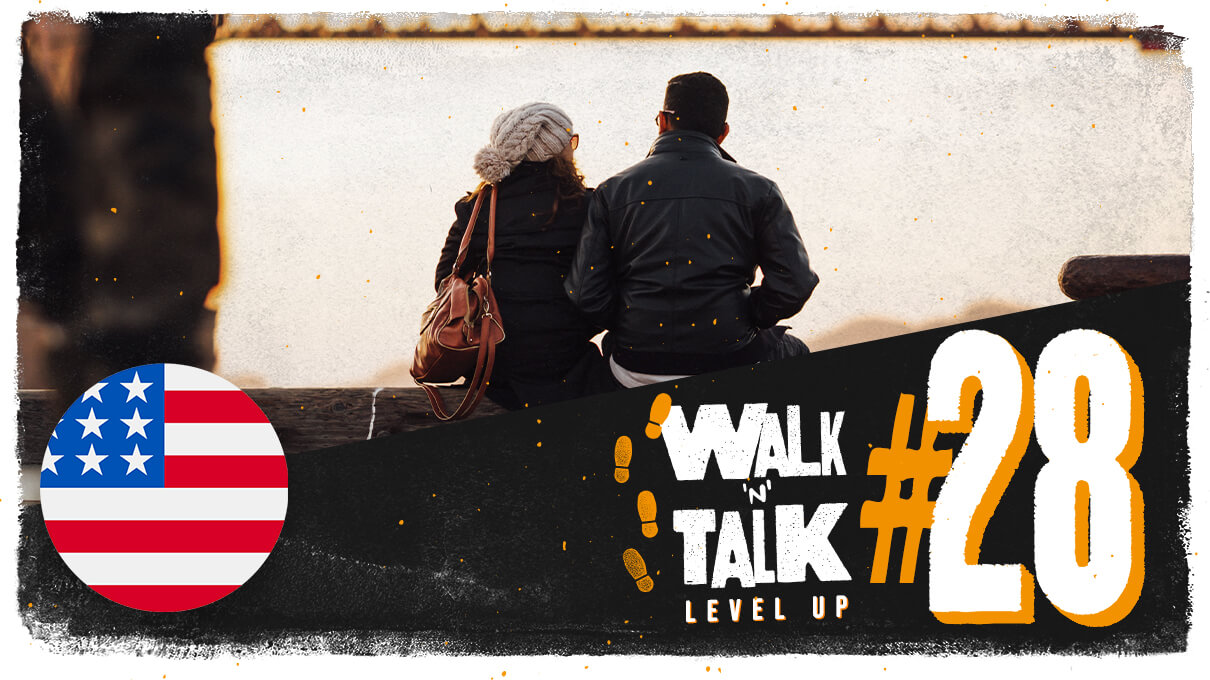



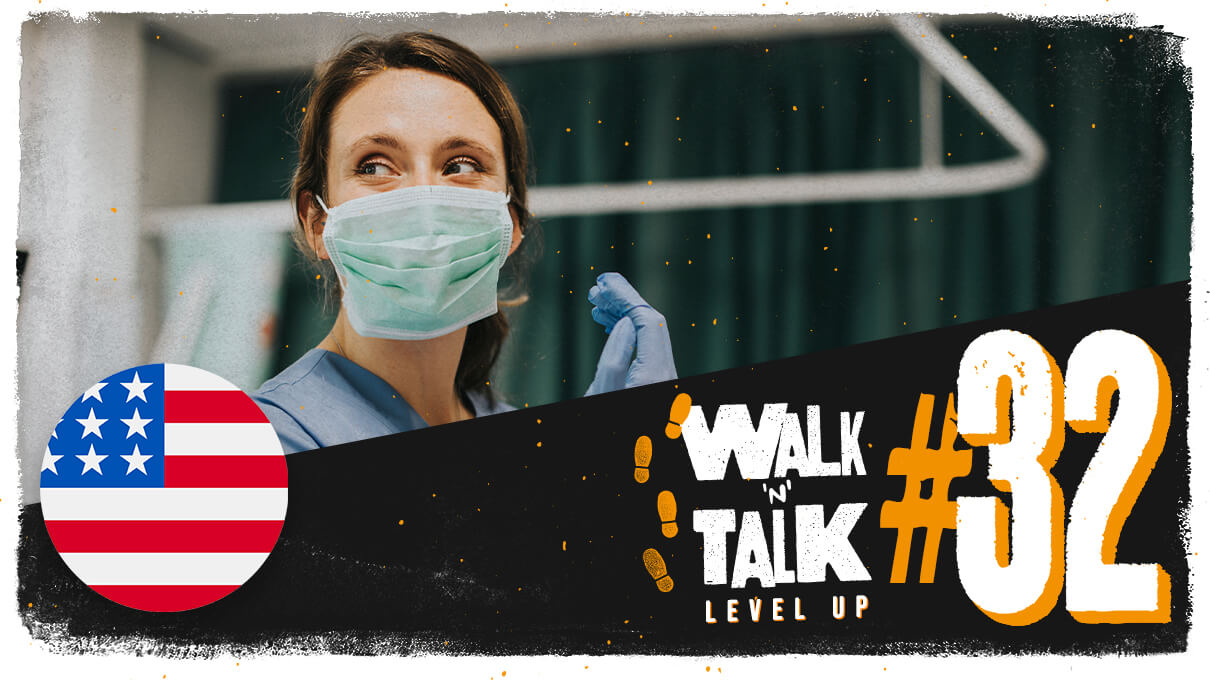
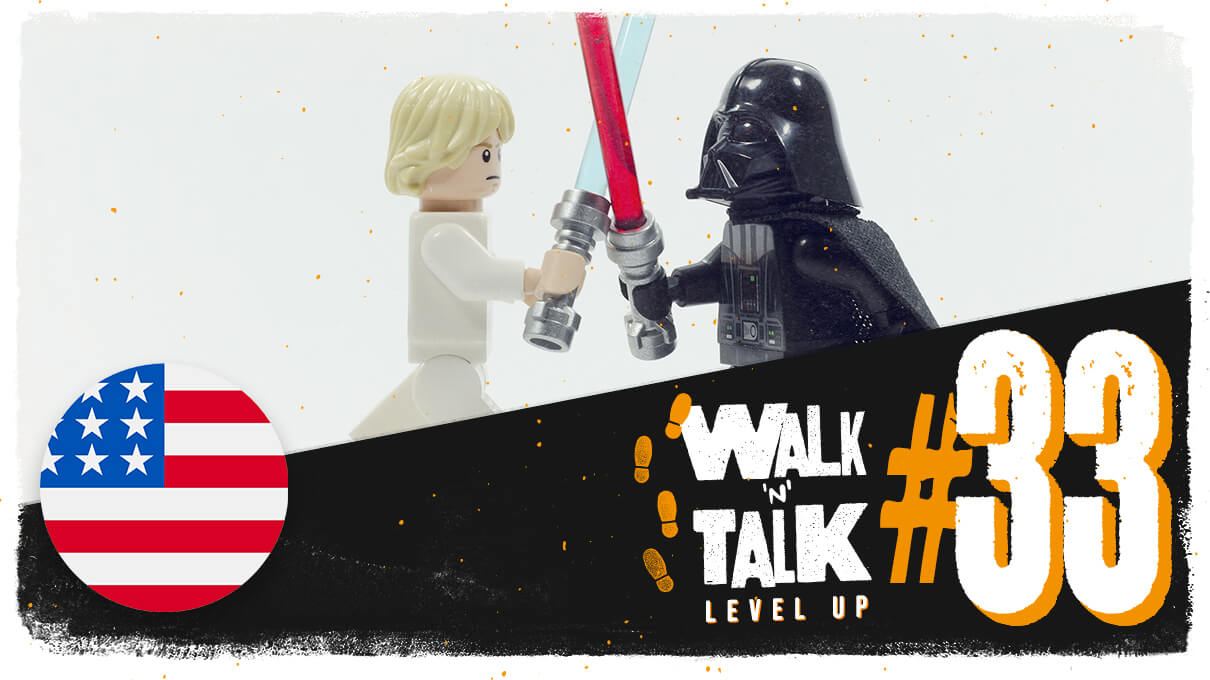





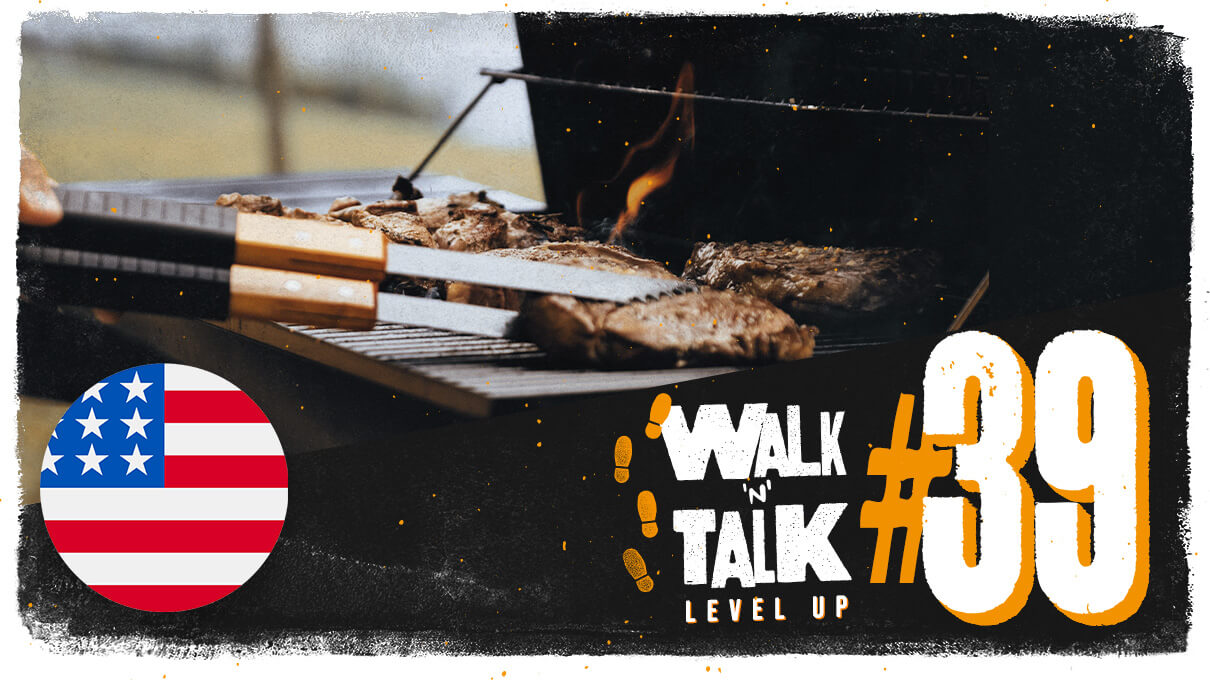
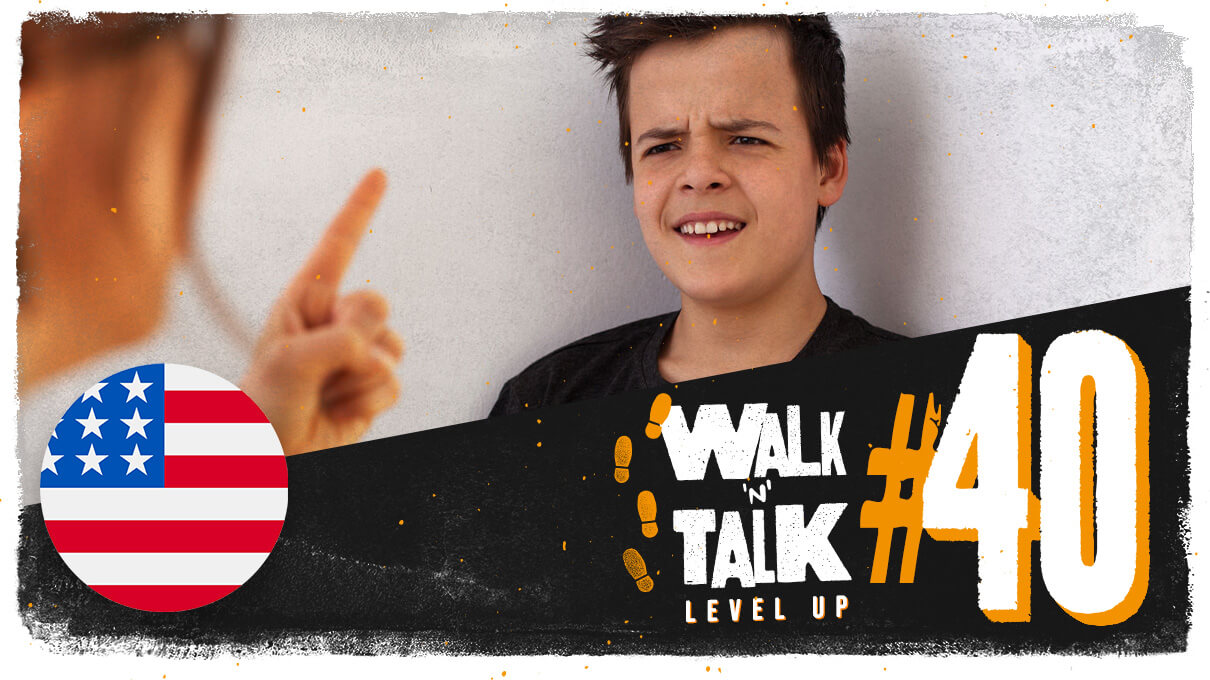



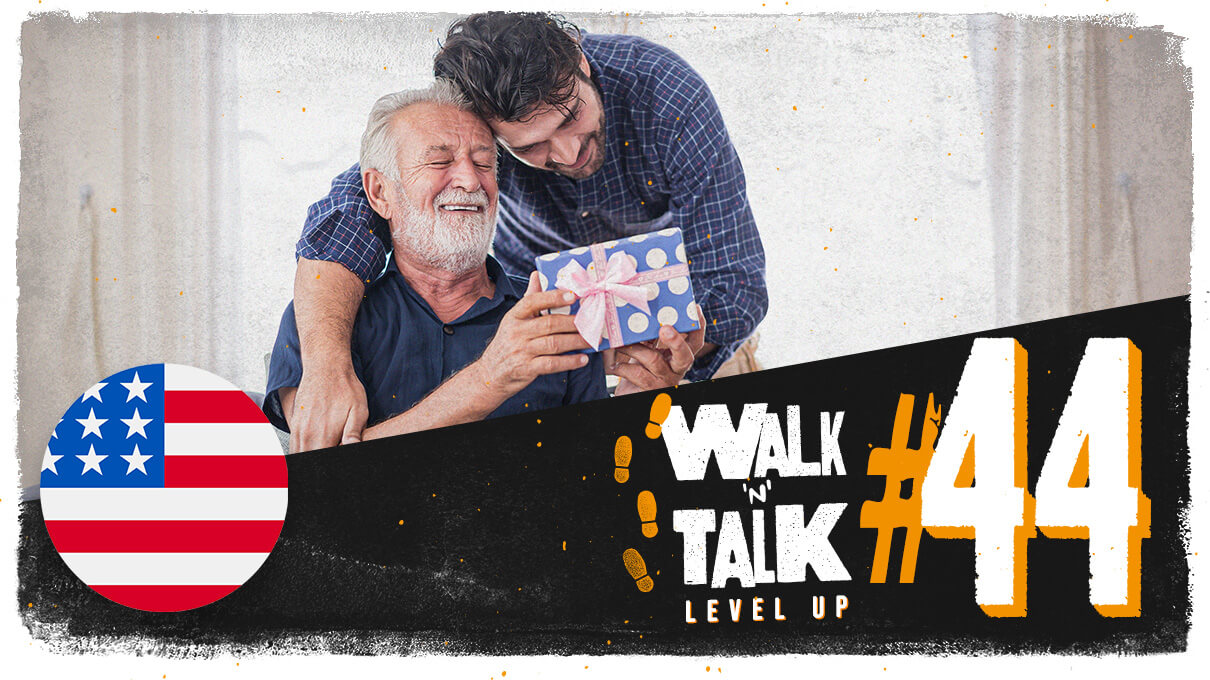

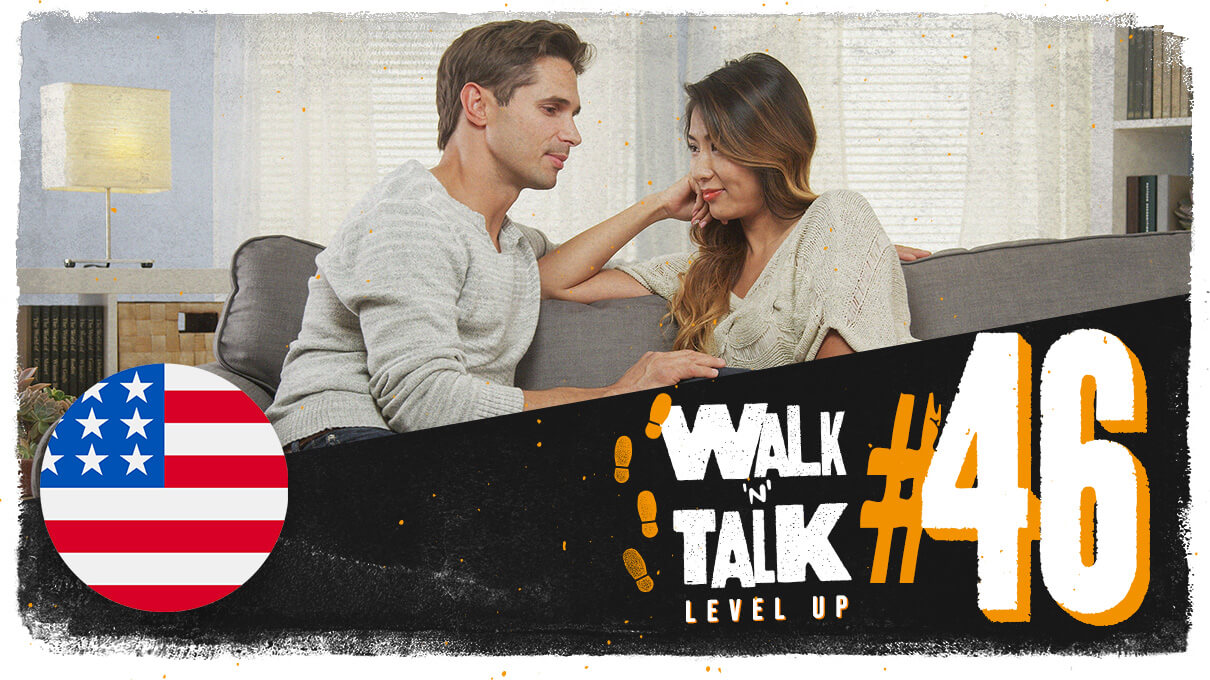

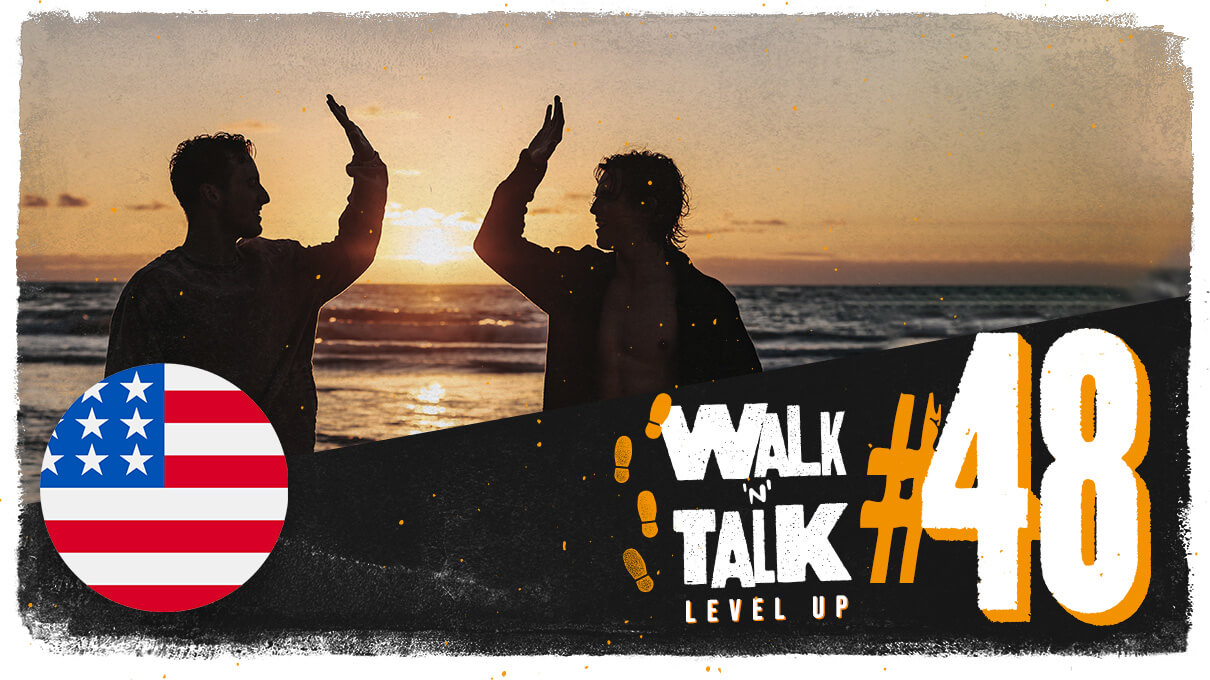
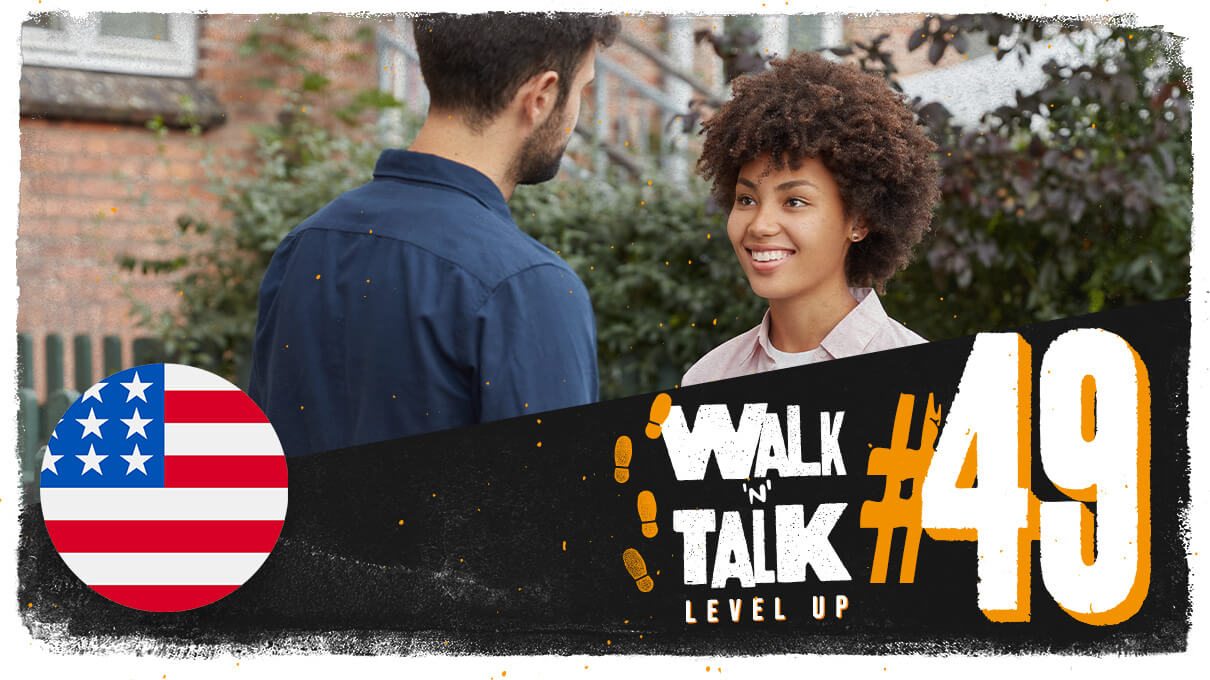




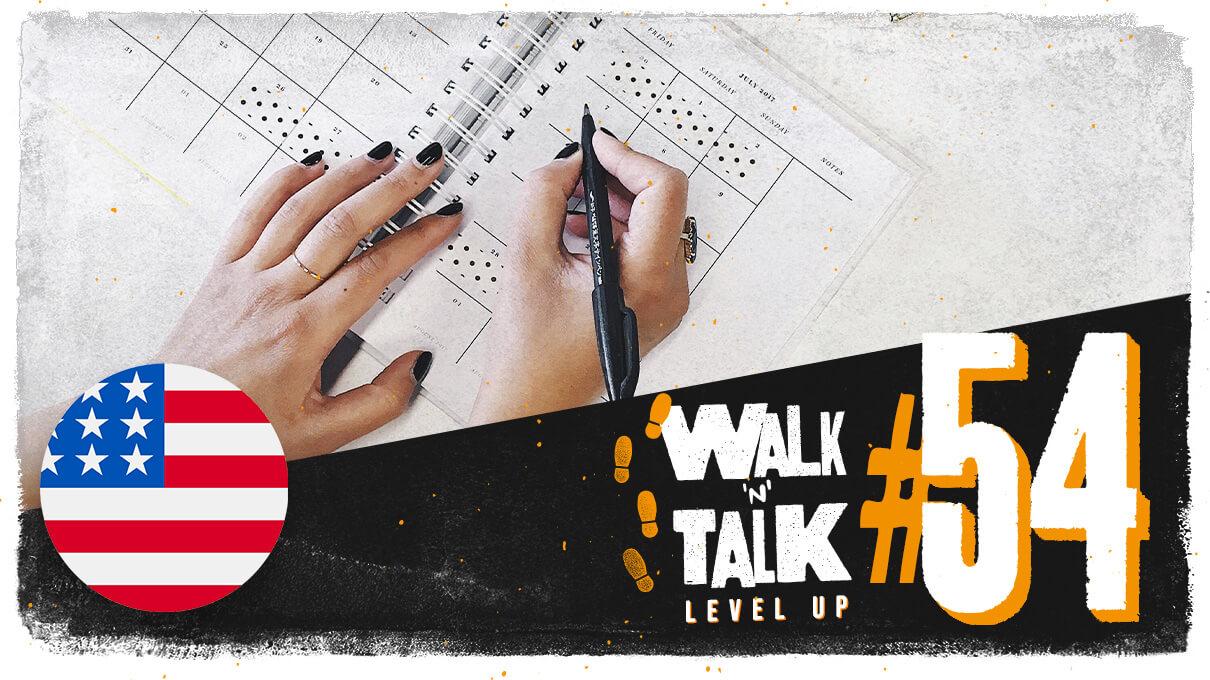
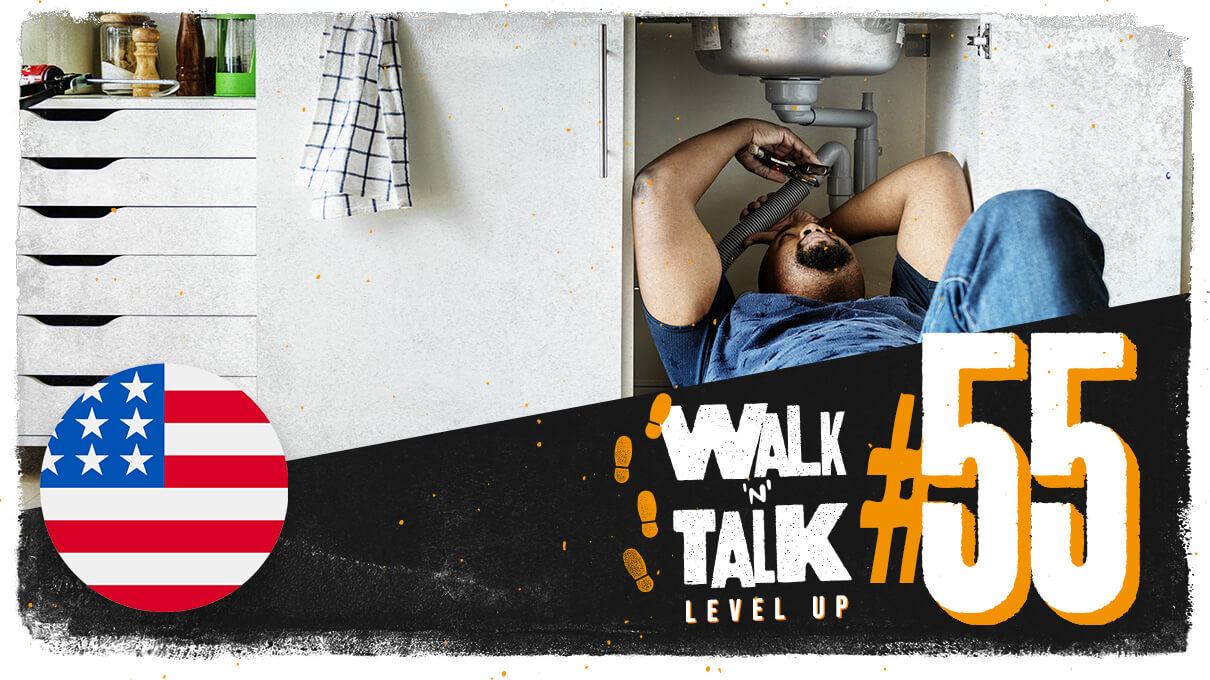


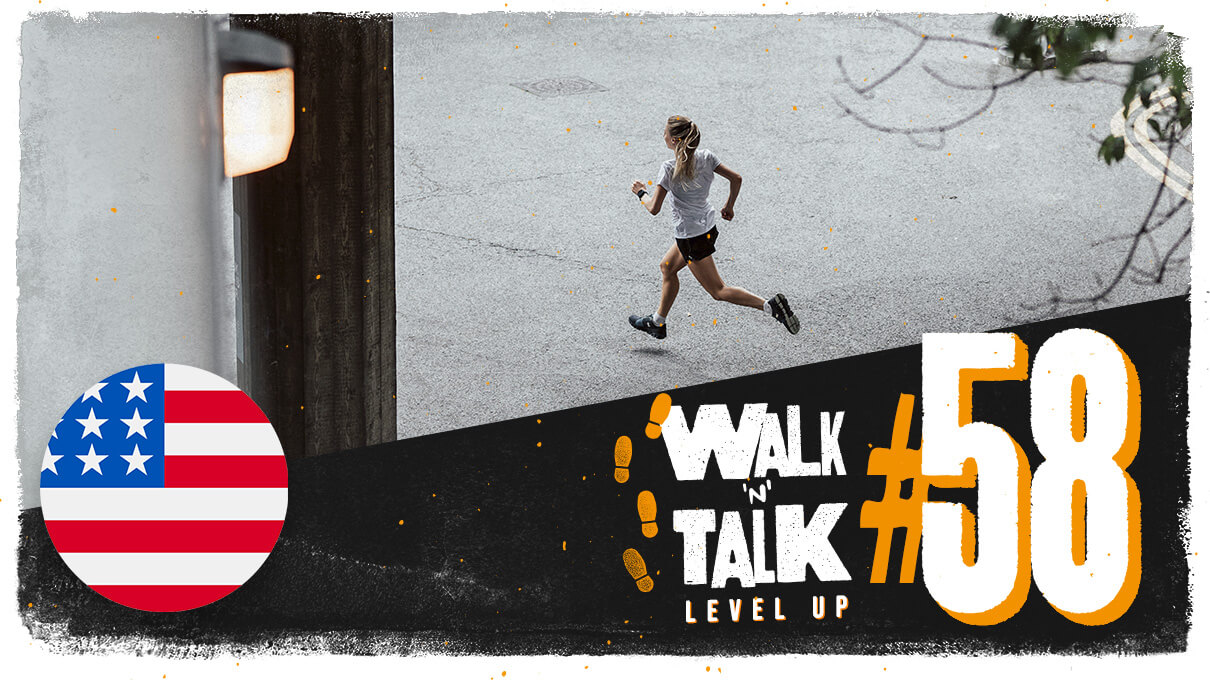



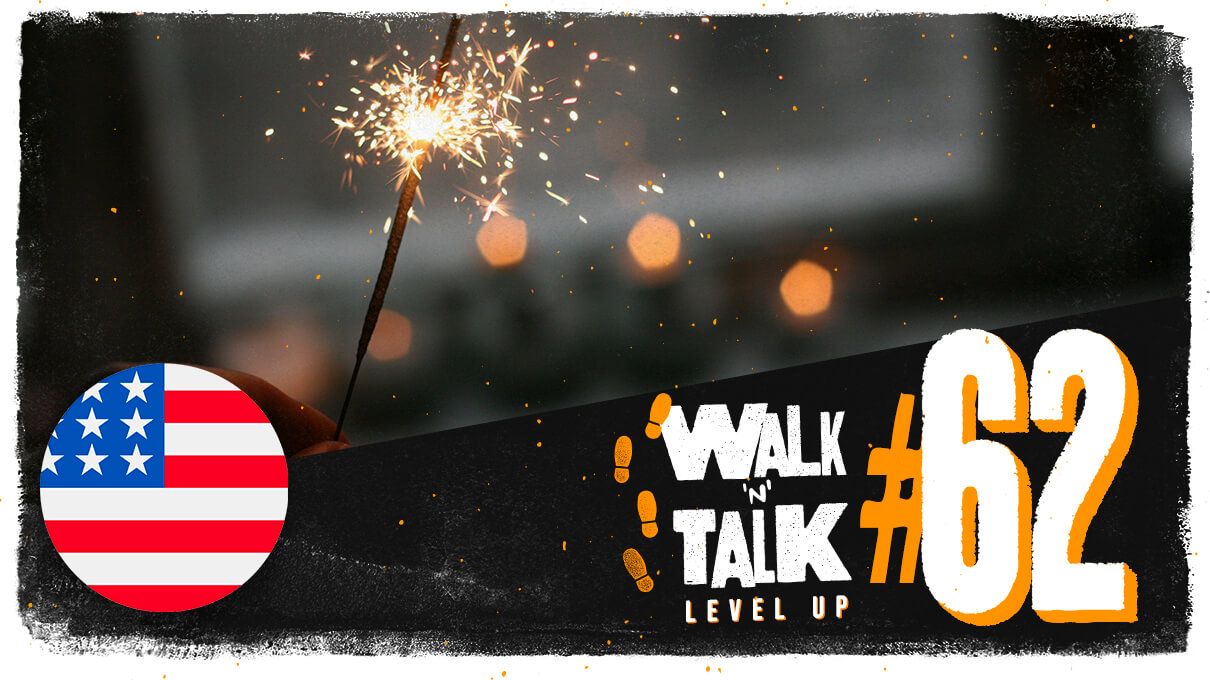



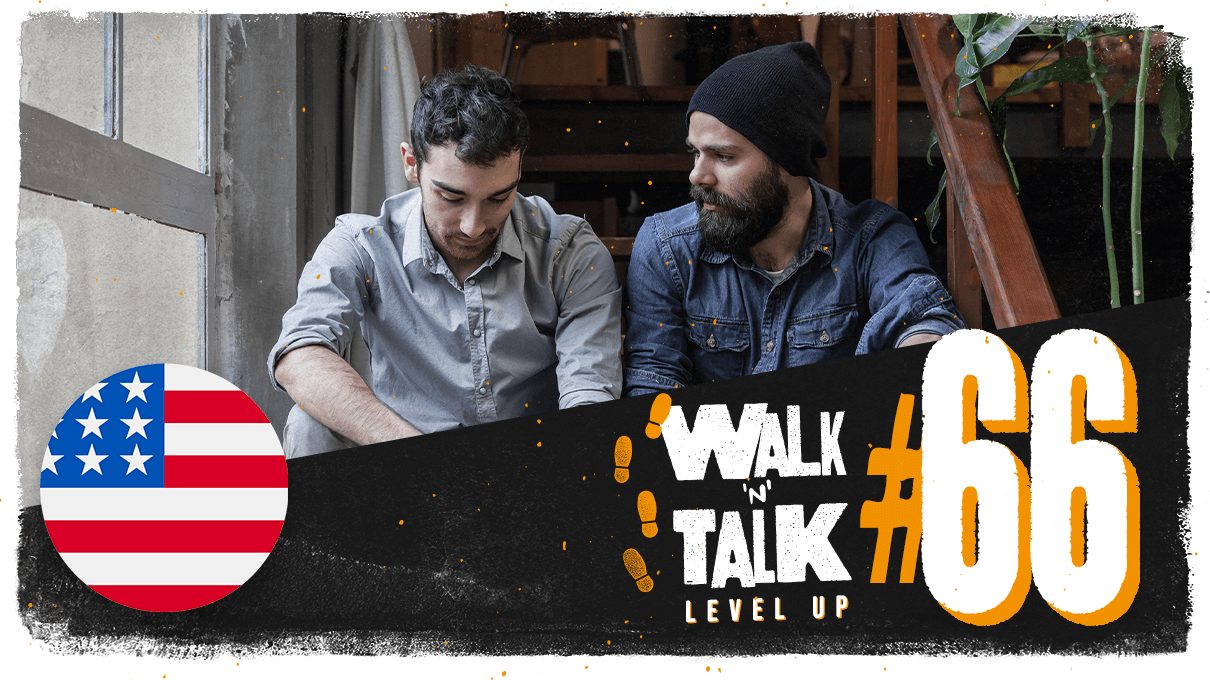

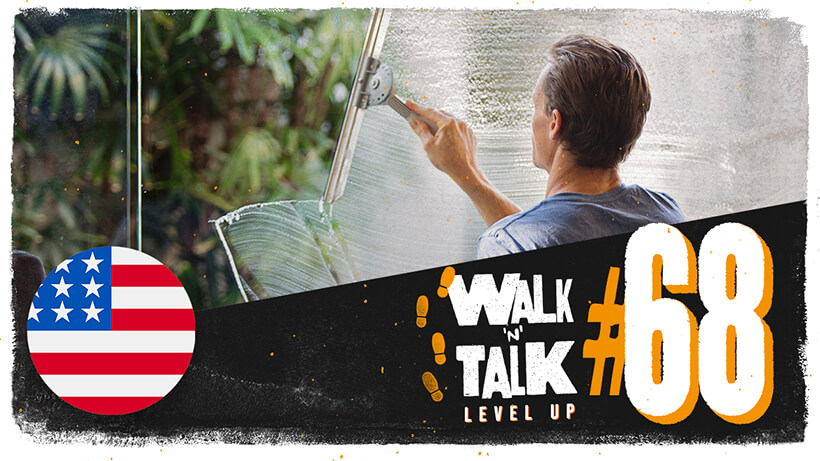

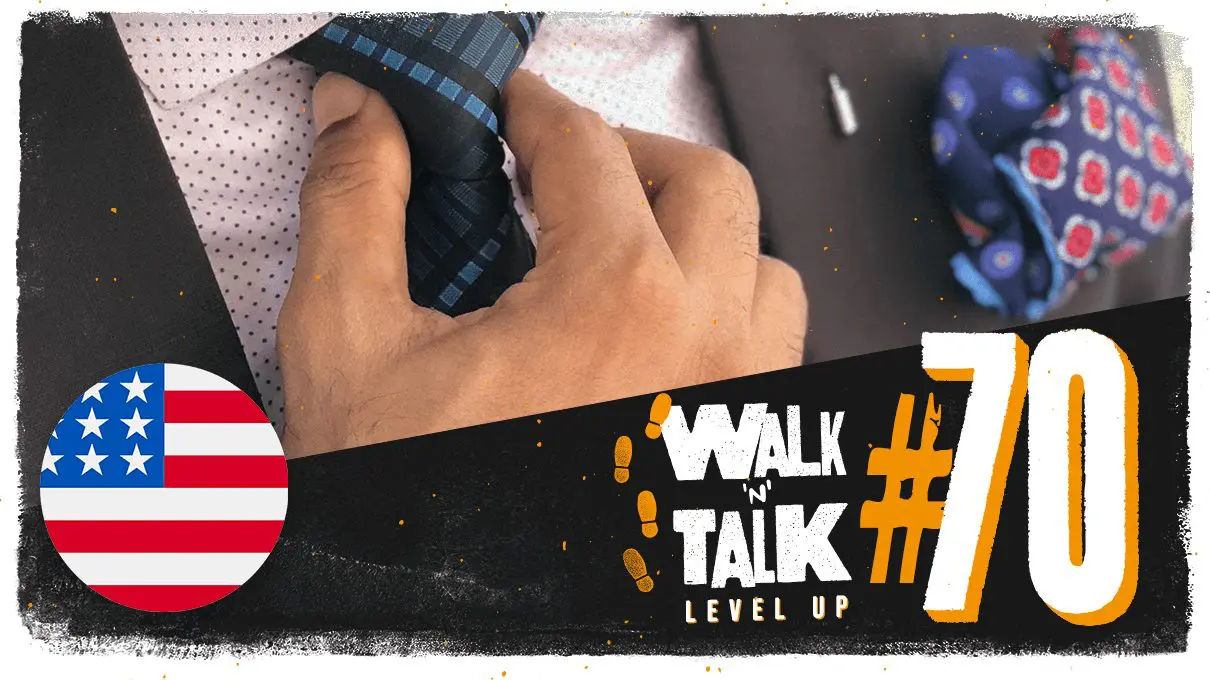
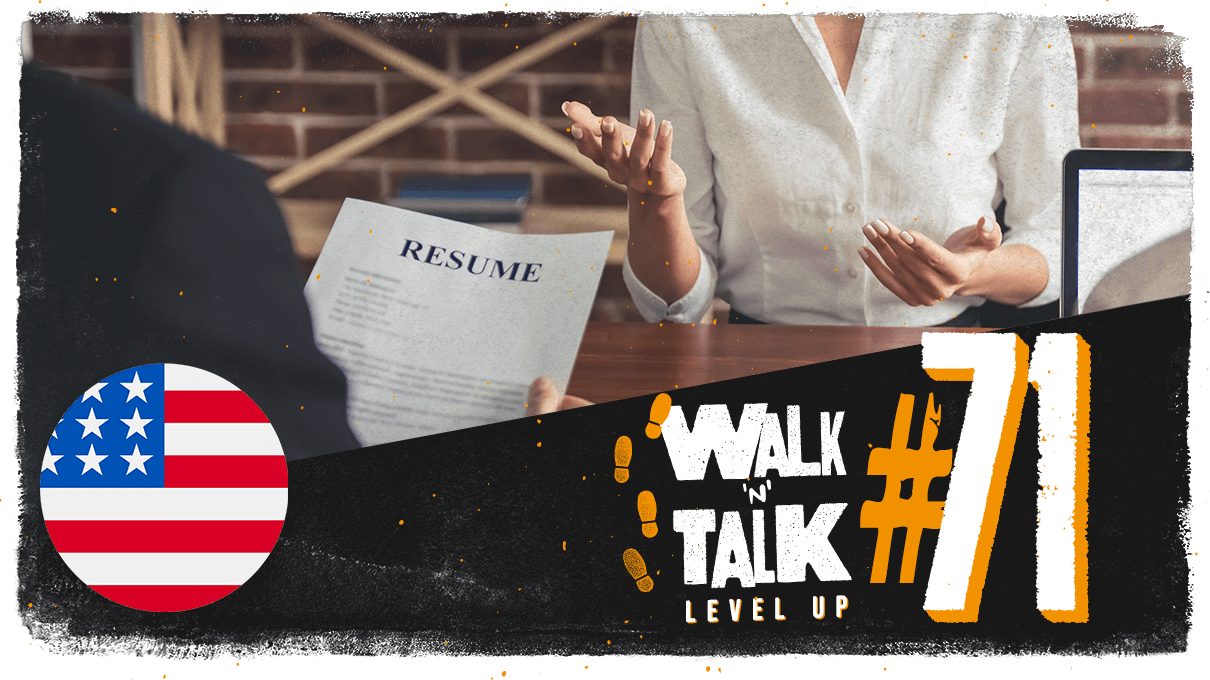

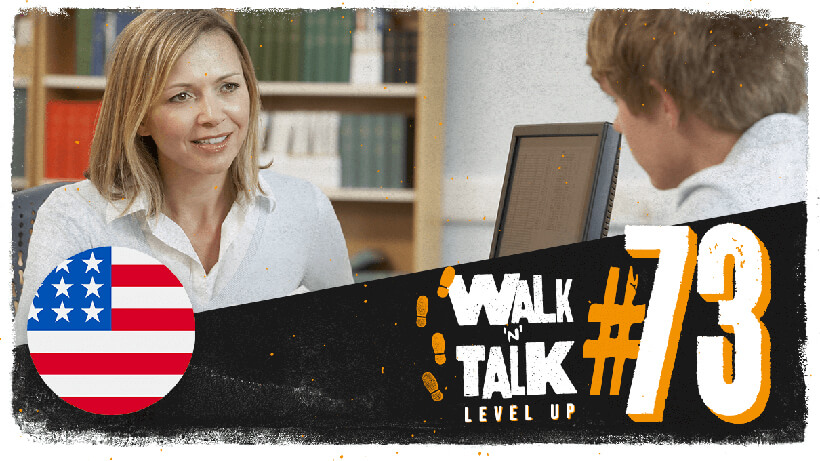









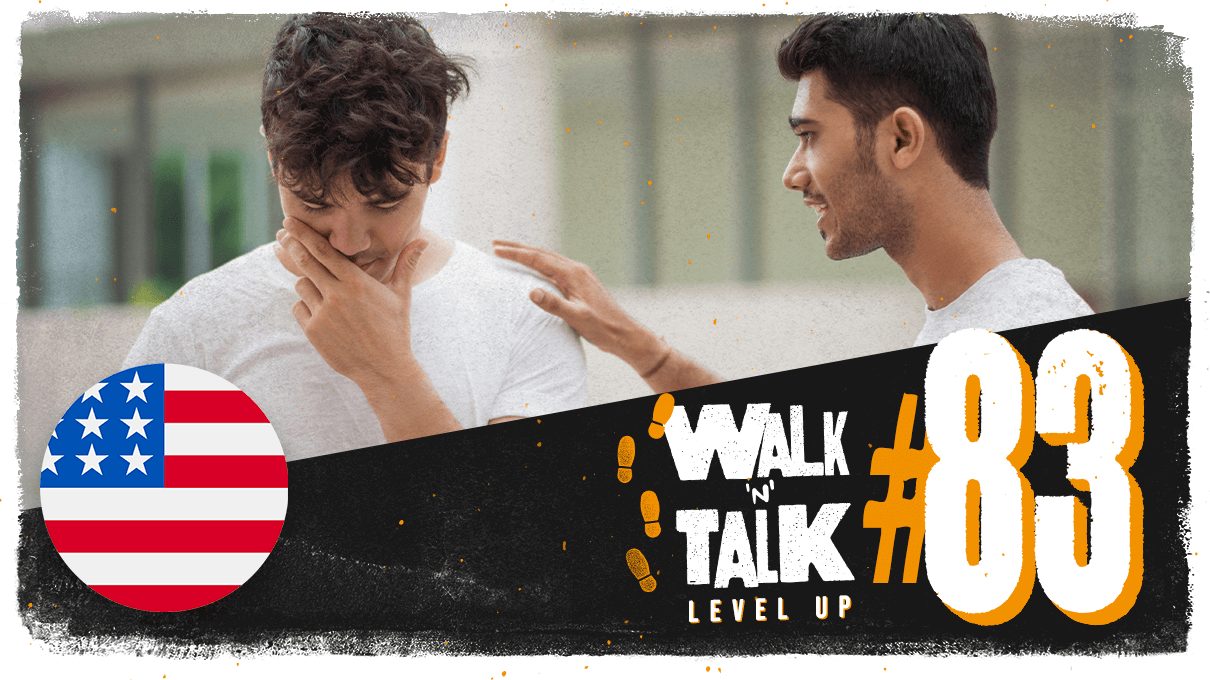


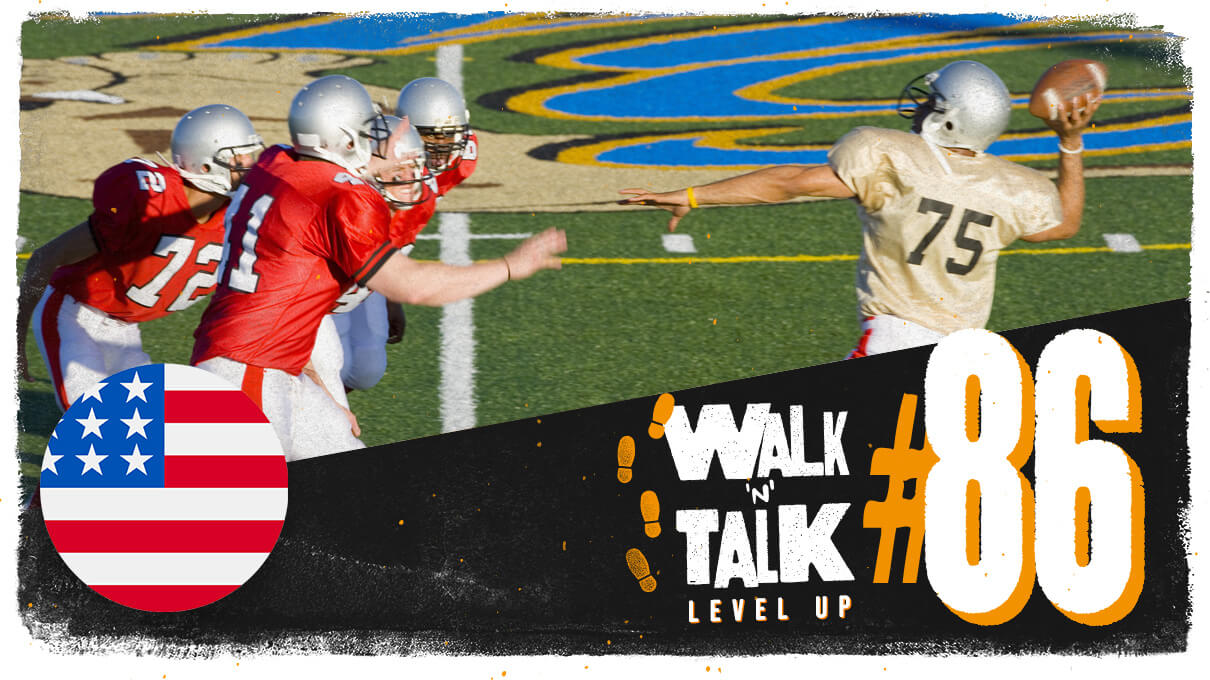



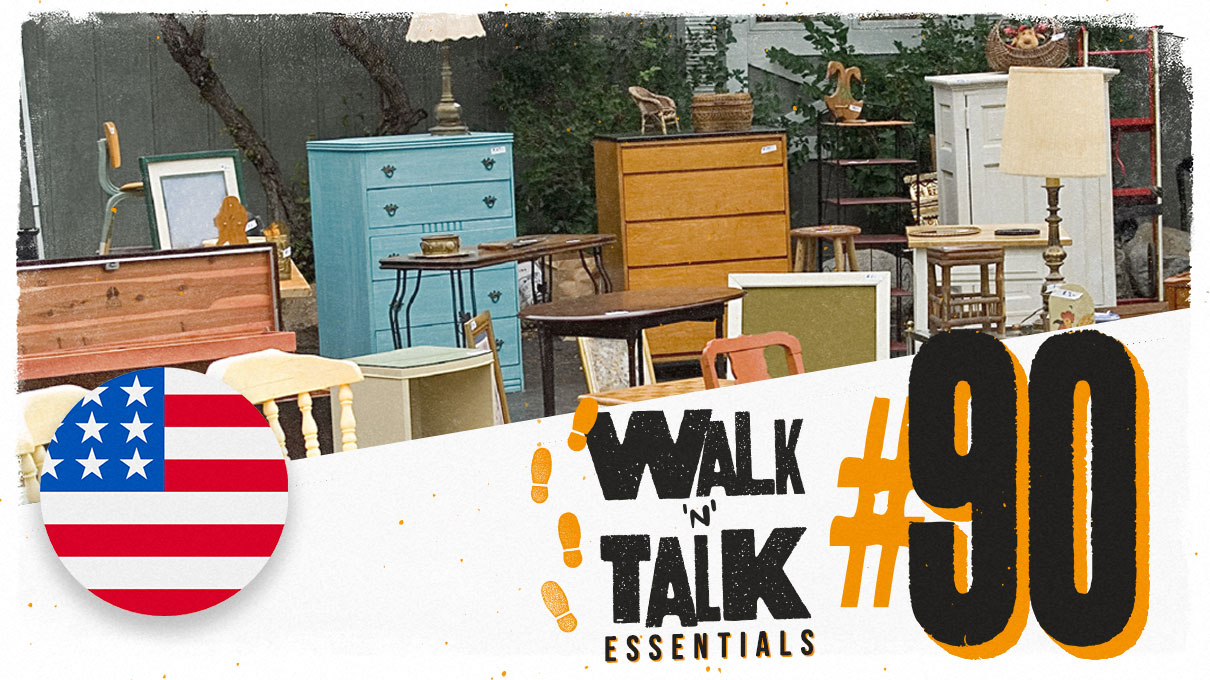
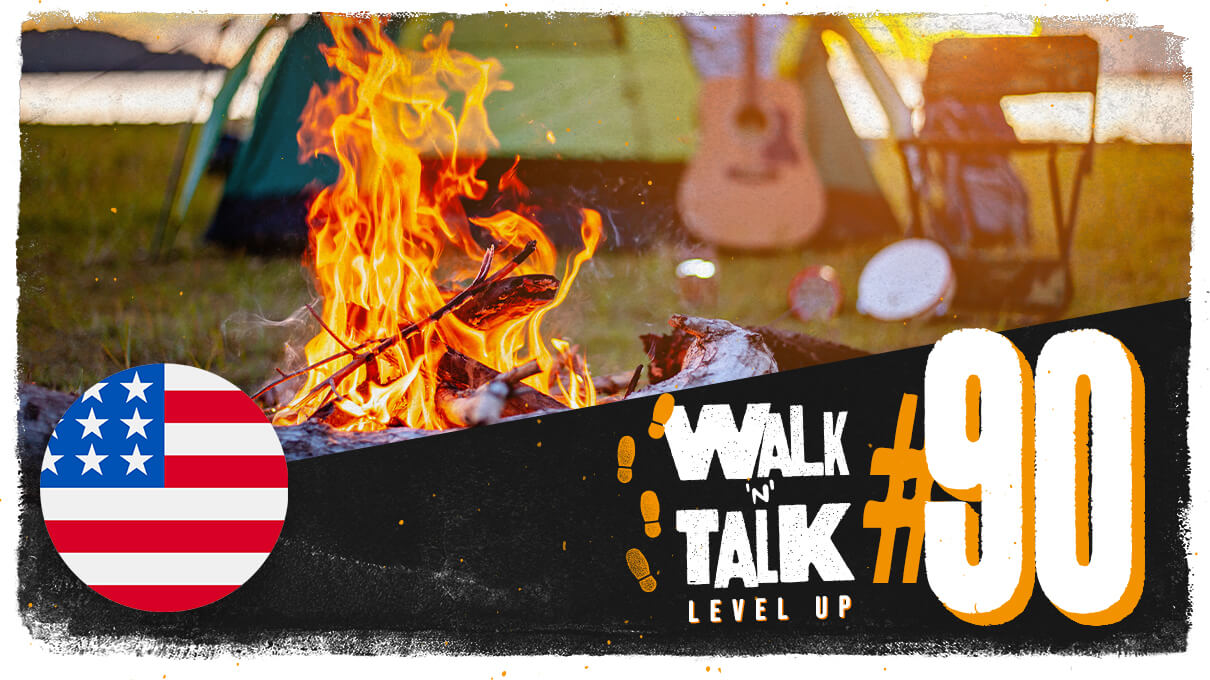
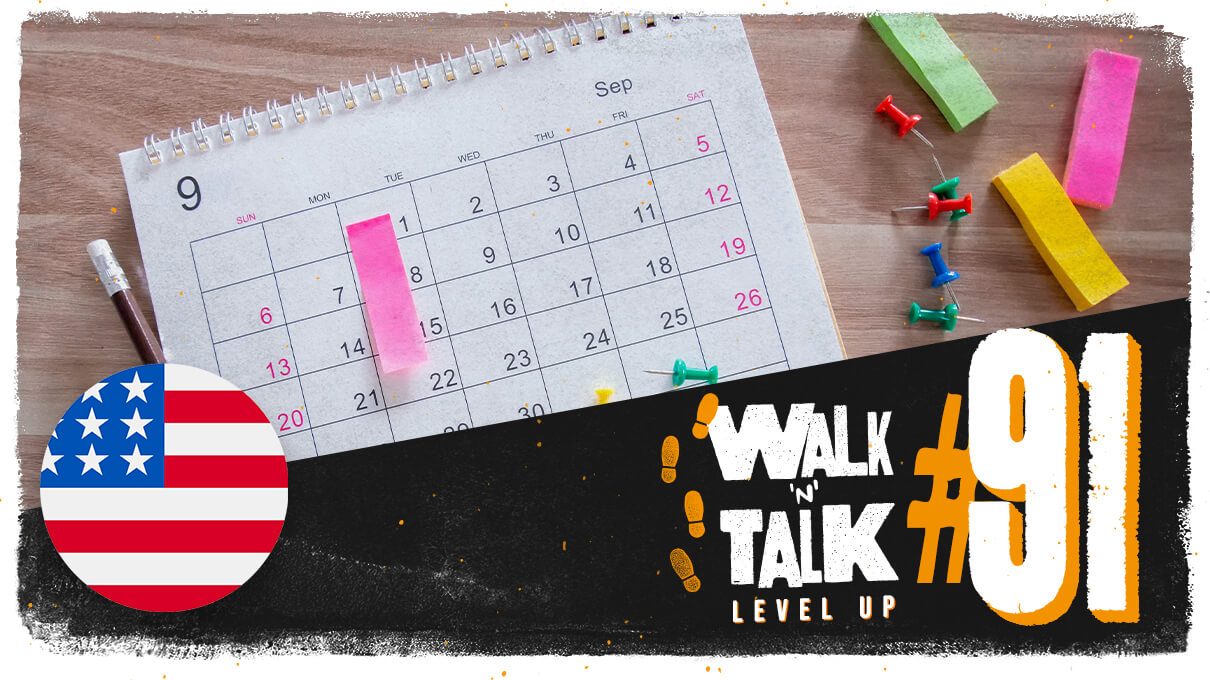
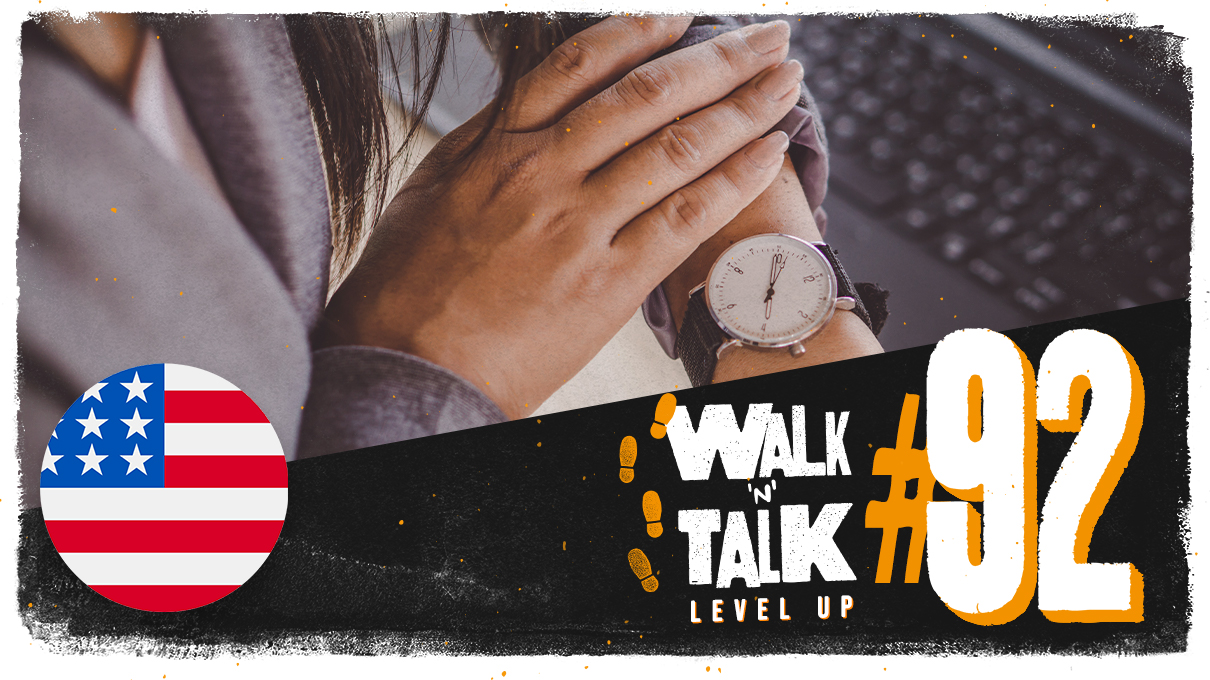
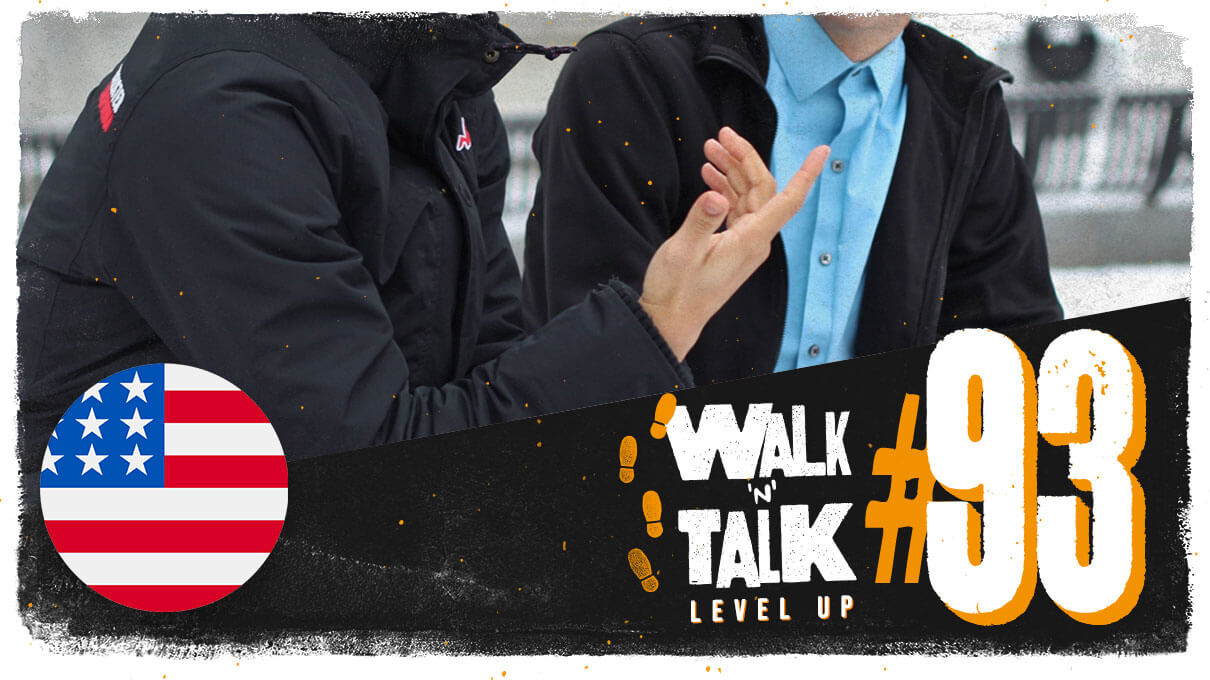
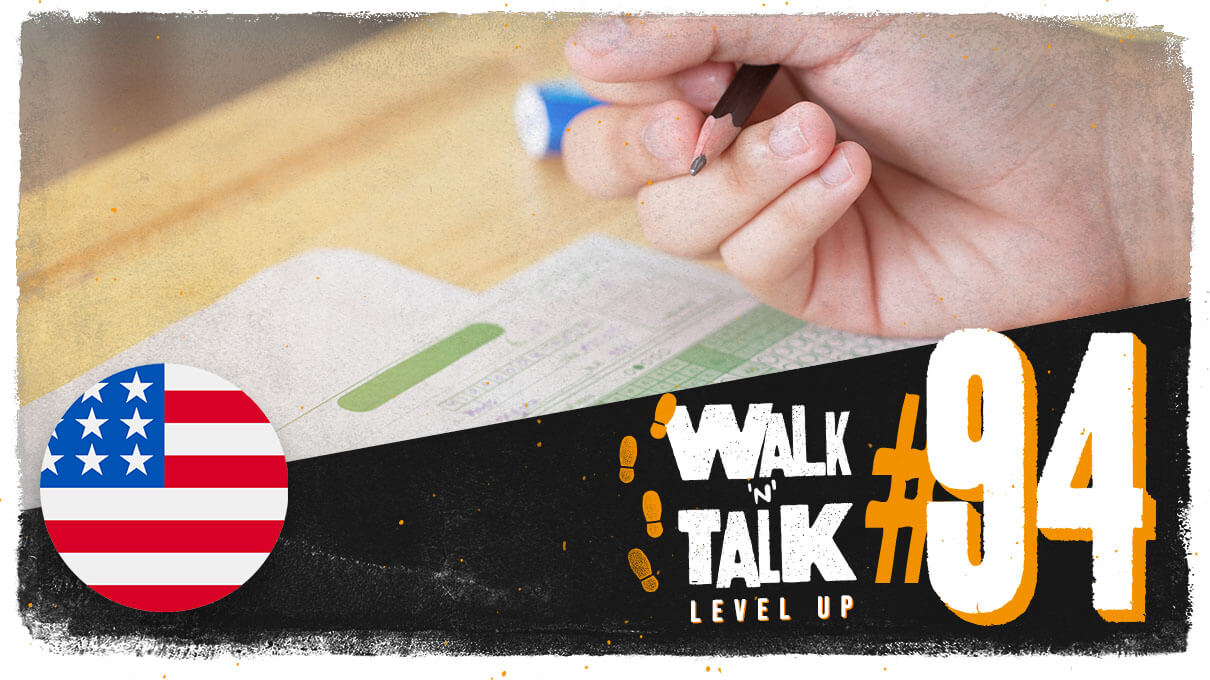
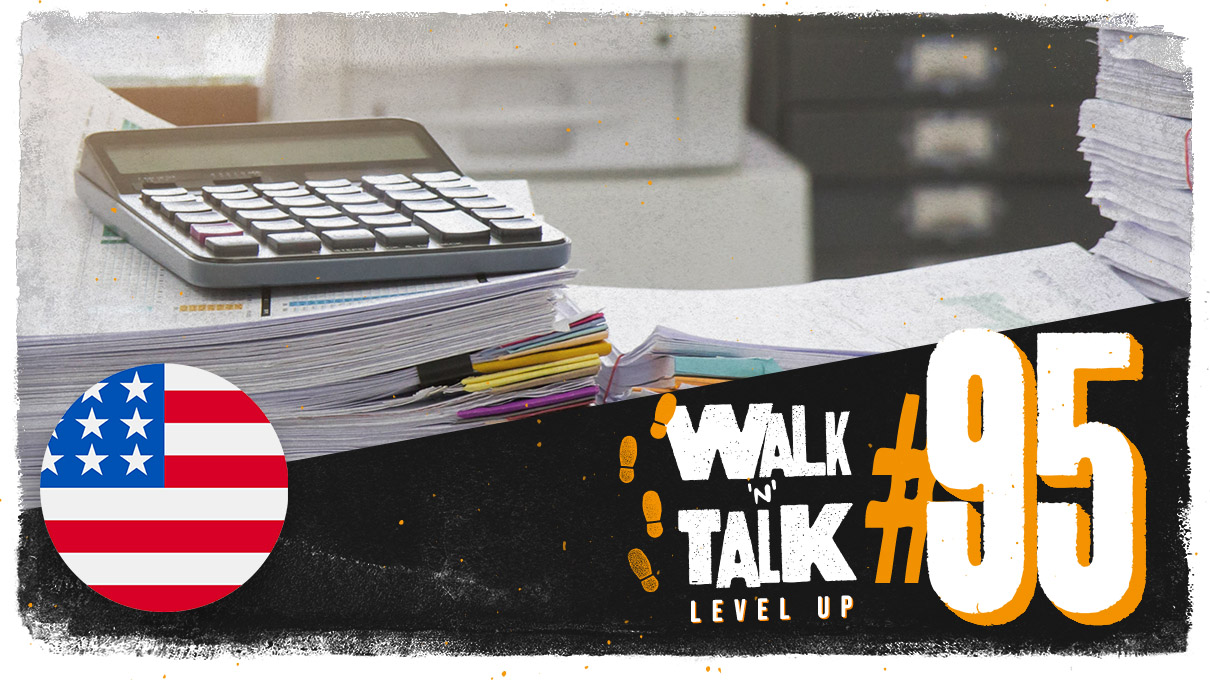





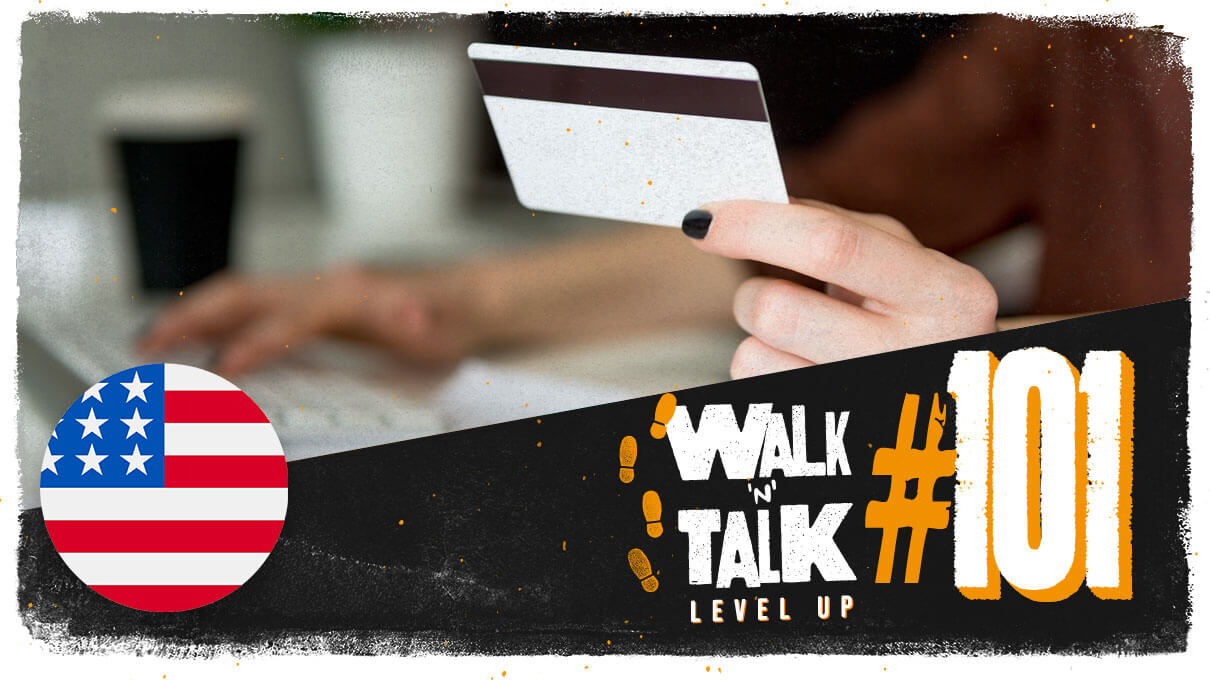
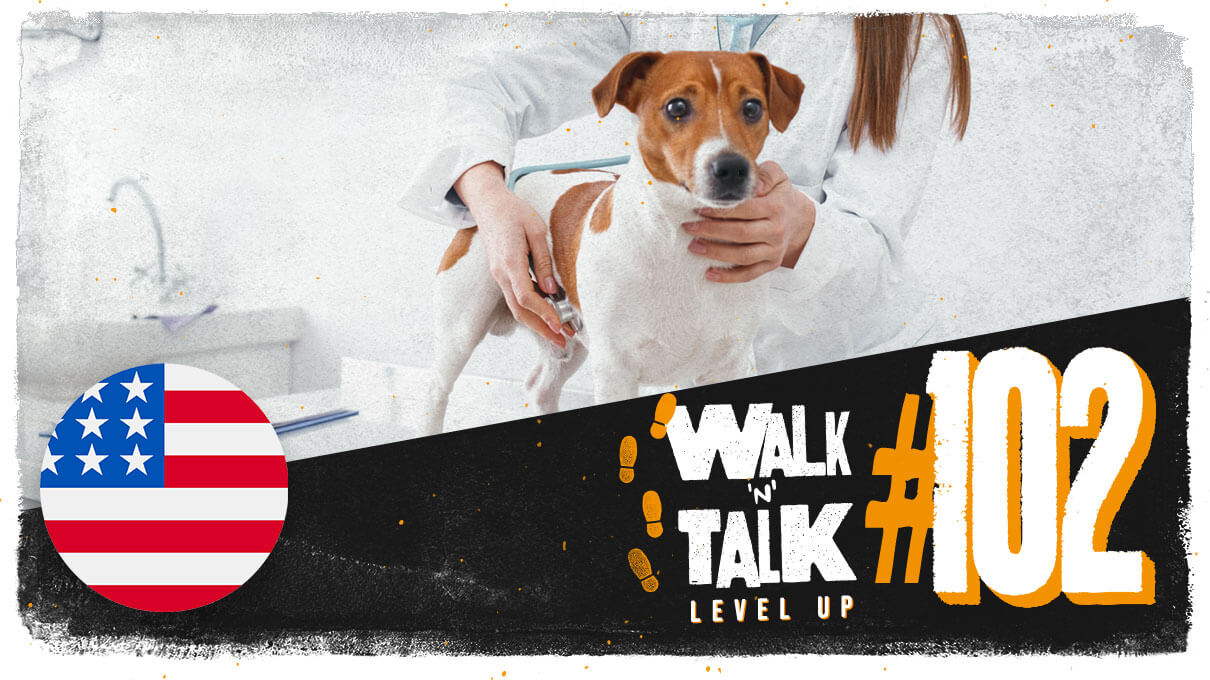

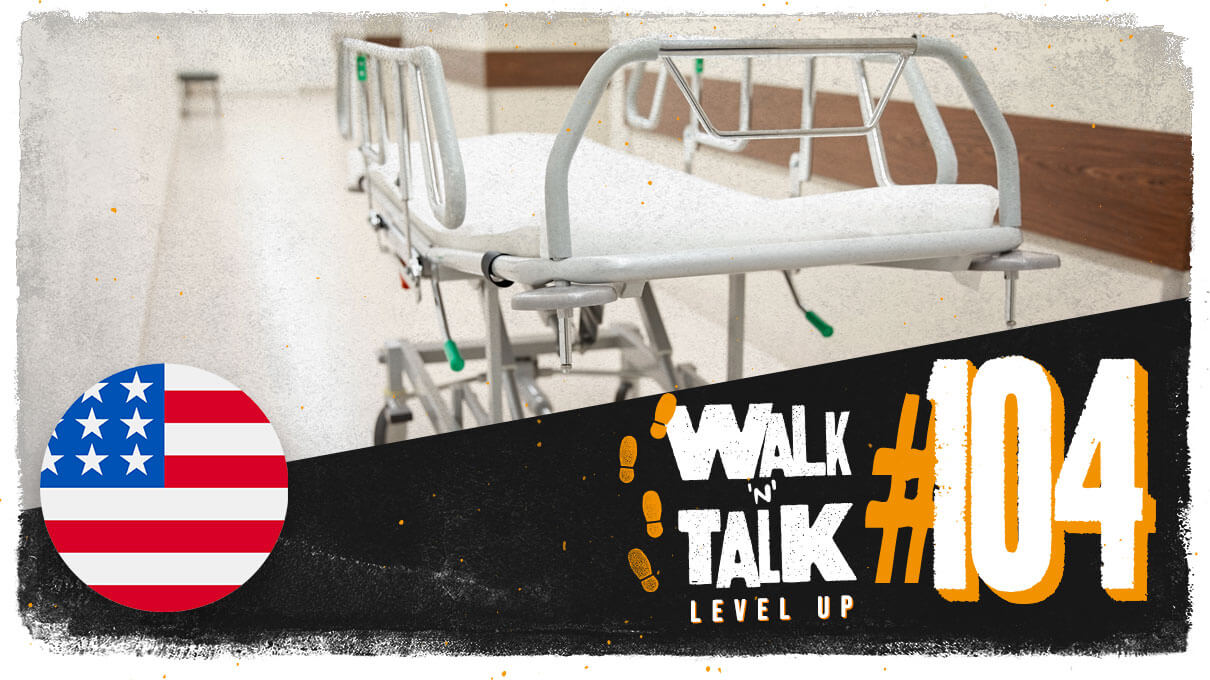
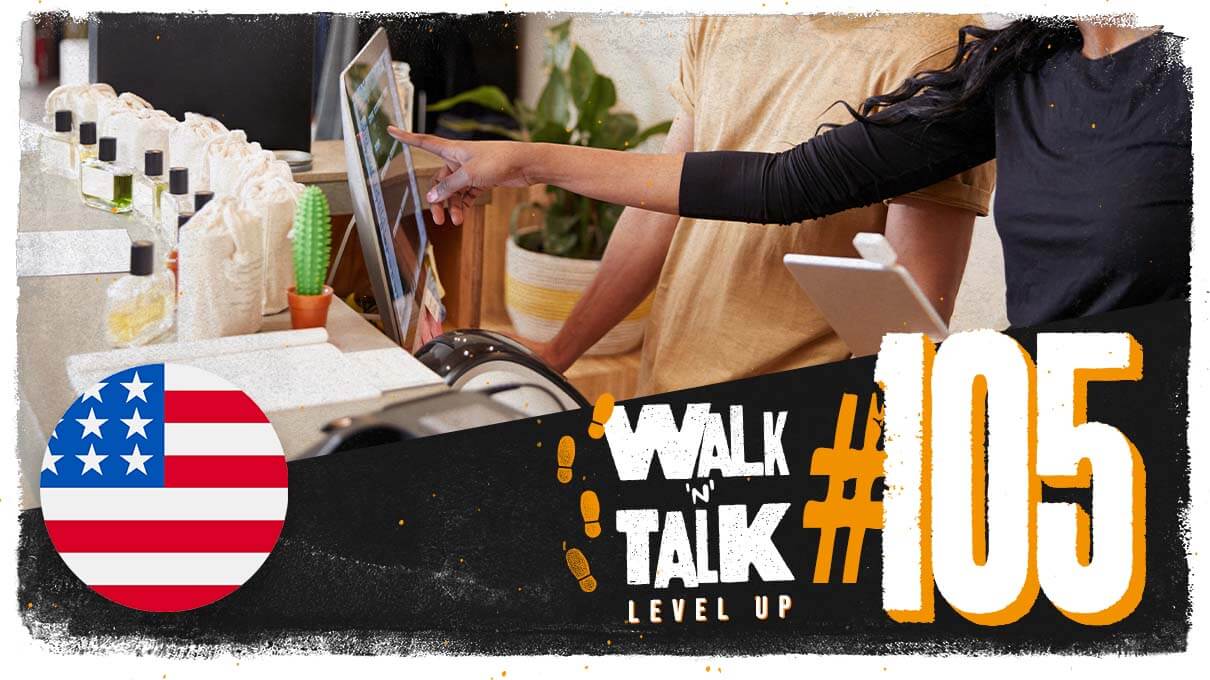






















 Curso de Inglês
Curso de Inglês
 Curso de Espanhol
Curso de Espanhol
 Curso de Francês
Curso de Francês
 Curso de Mandarim
Curso de Mandarim
 Curso de Italiano
Curso de Italiano
 Curso de Japonês
Curso de Japonês
 Curso de Alemão
Curso de Alemão
 Curso de Coreano
Curso de Coreano







 Blog
Blog  Podcast
Podcast  Lives
Lives  Aulas
Aulas  eBooks
eBooks  Minicursos
Minicursos














